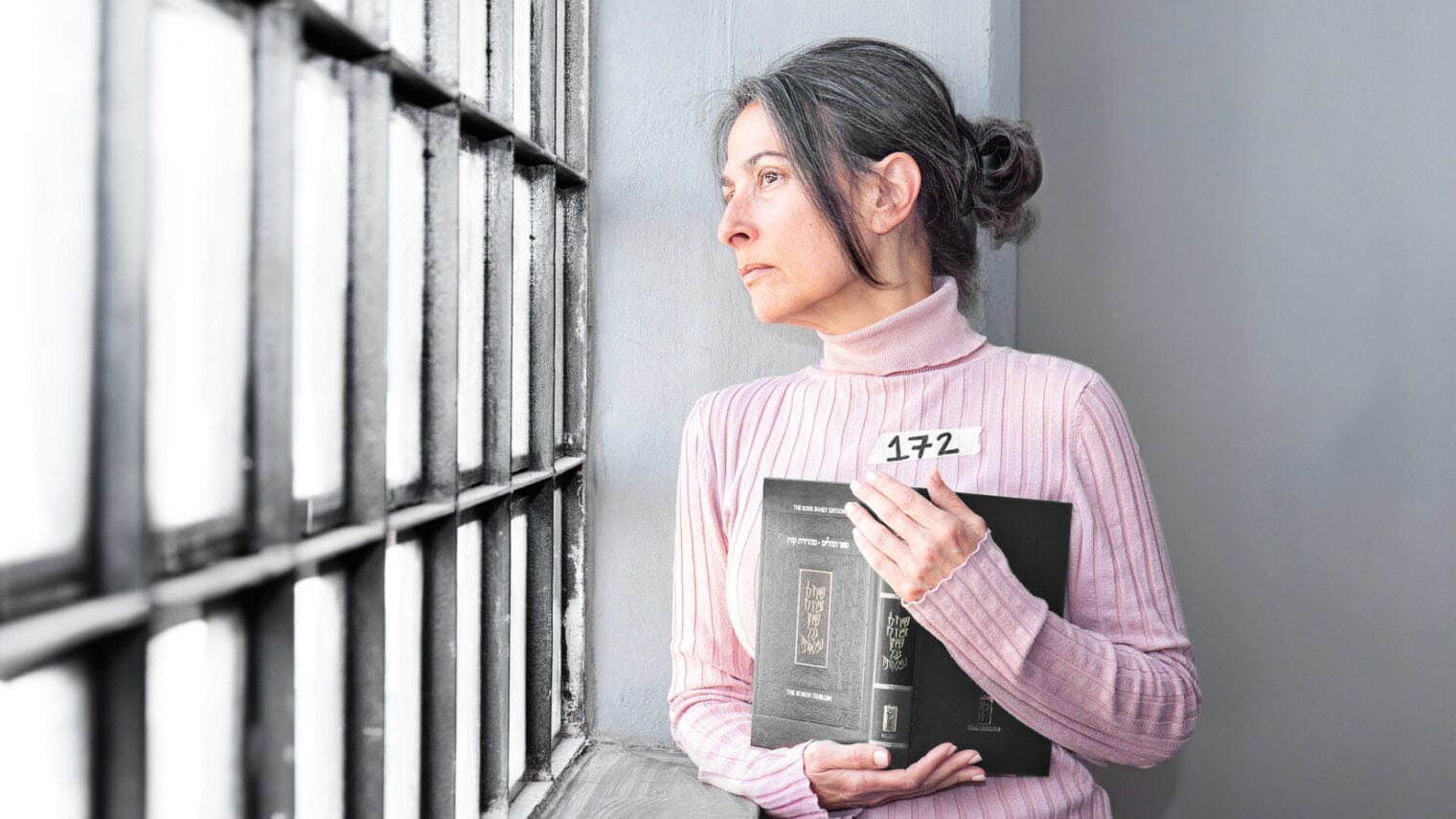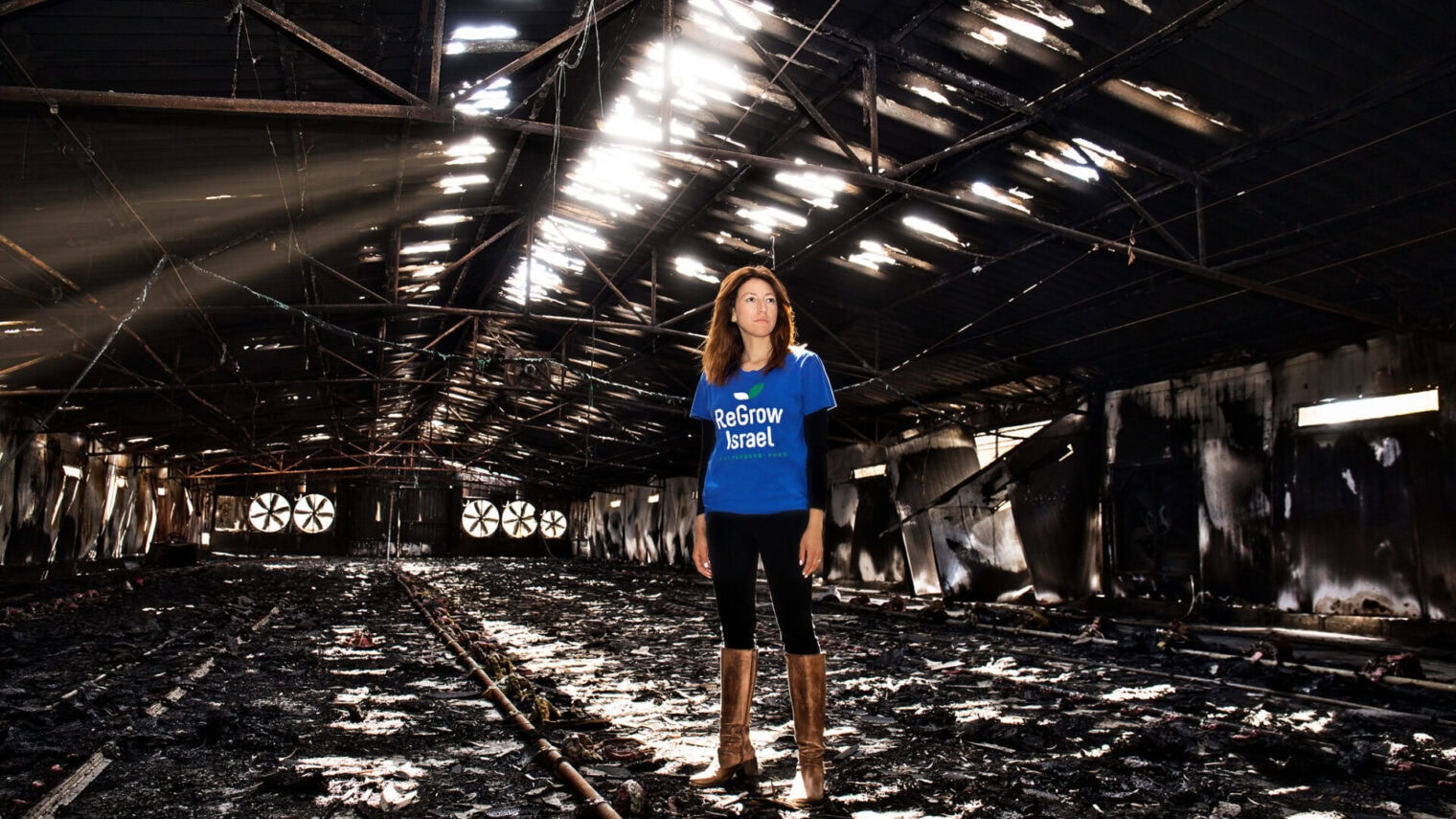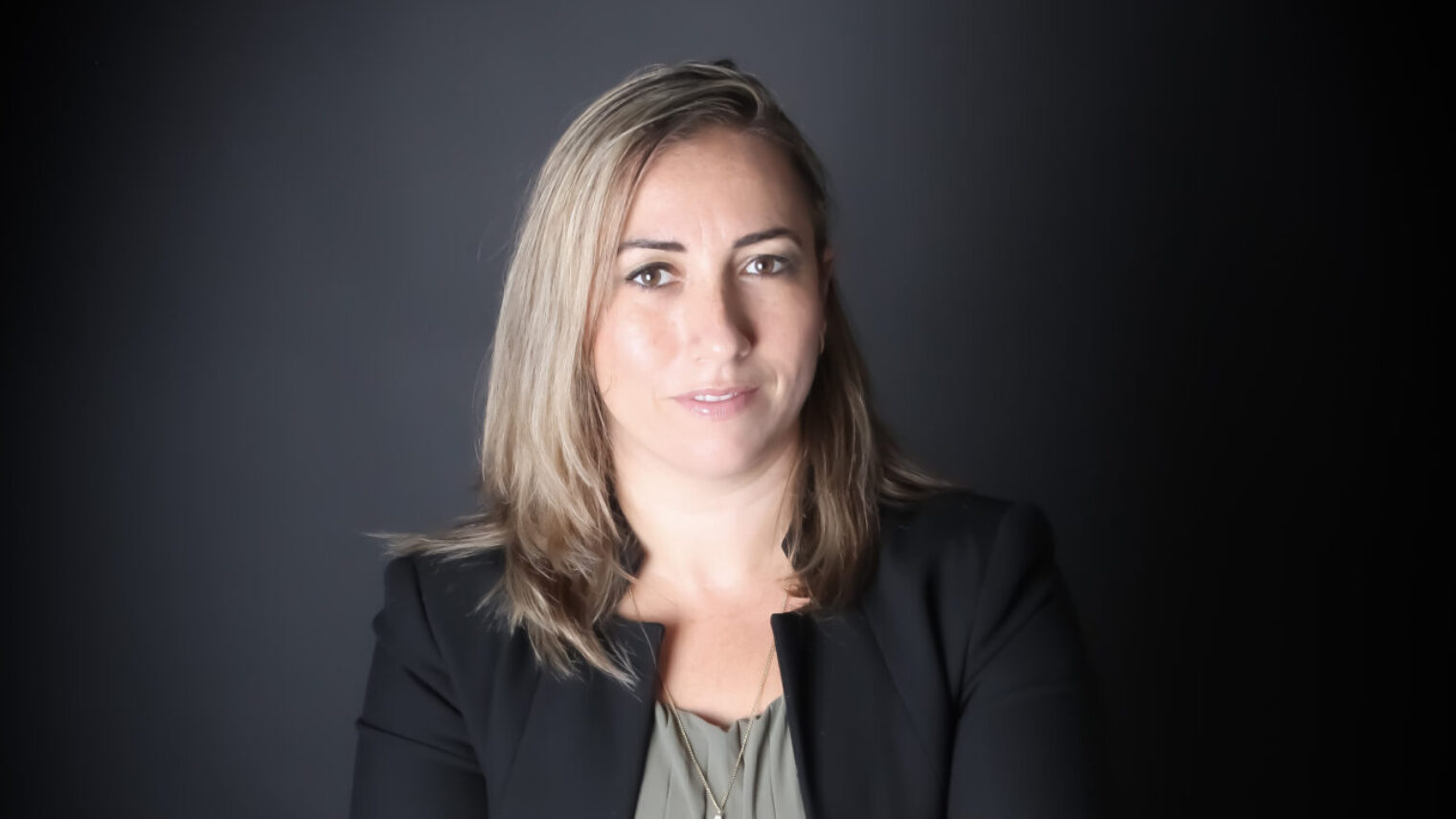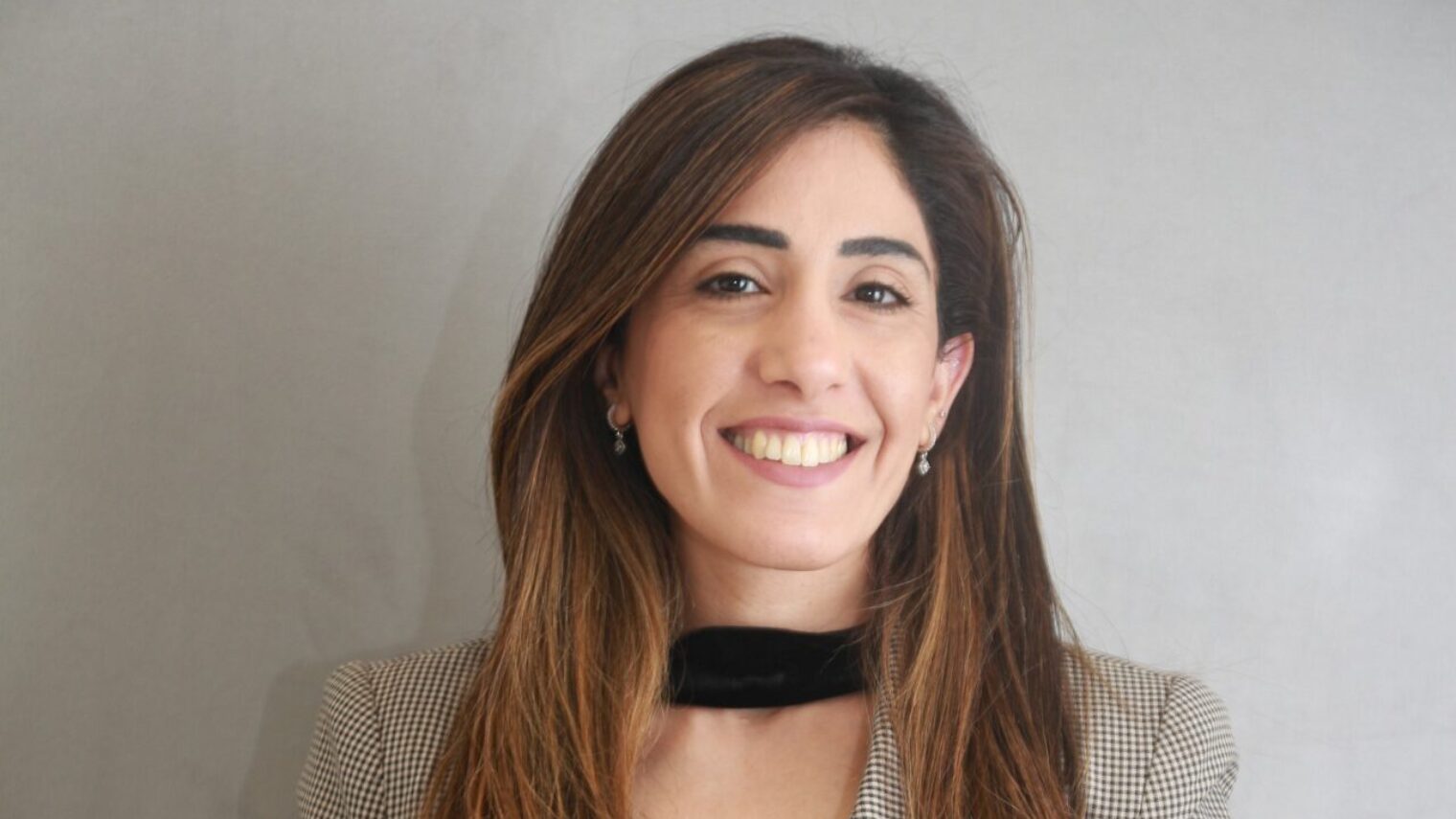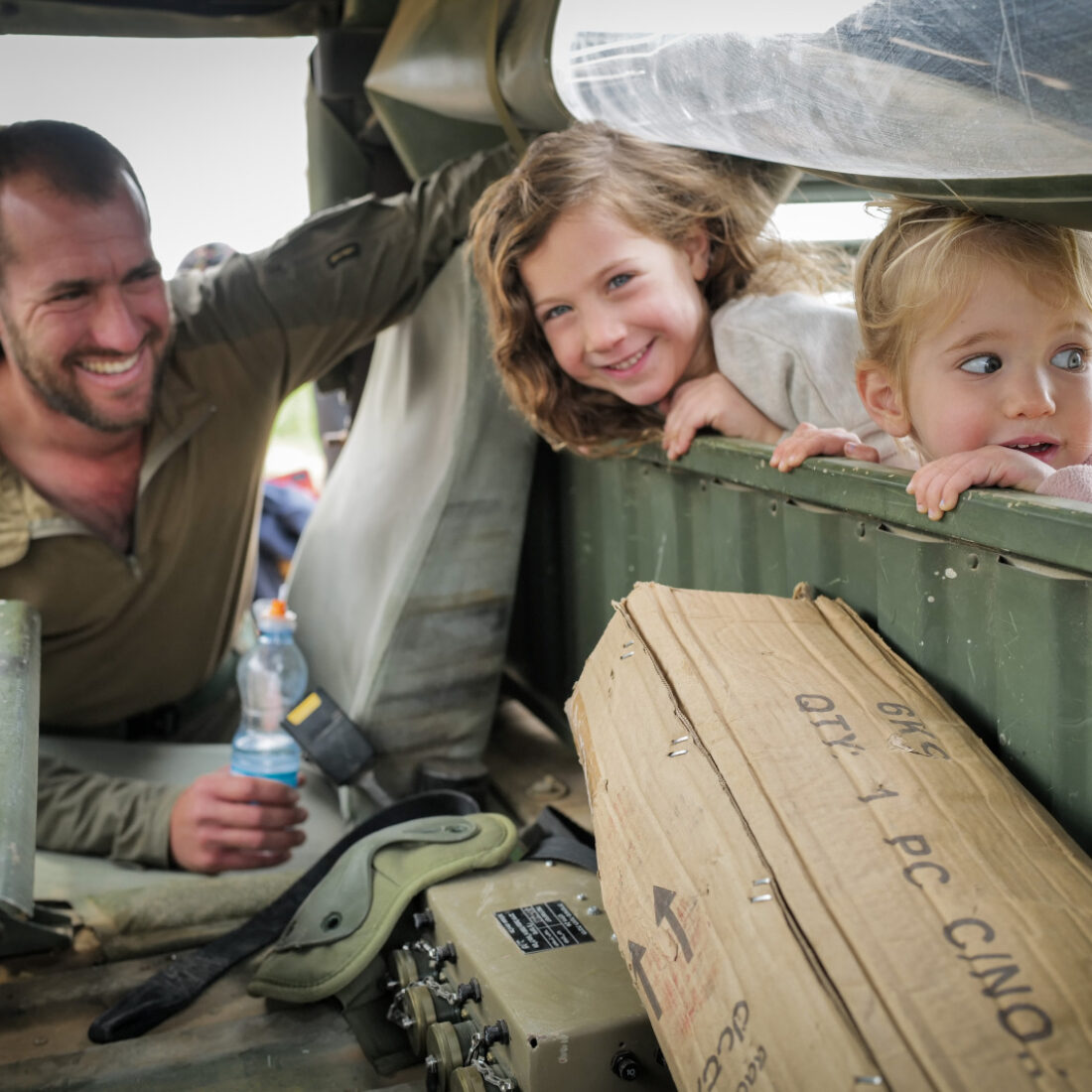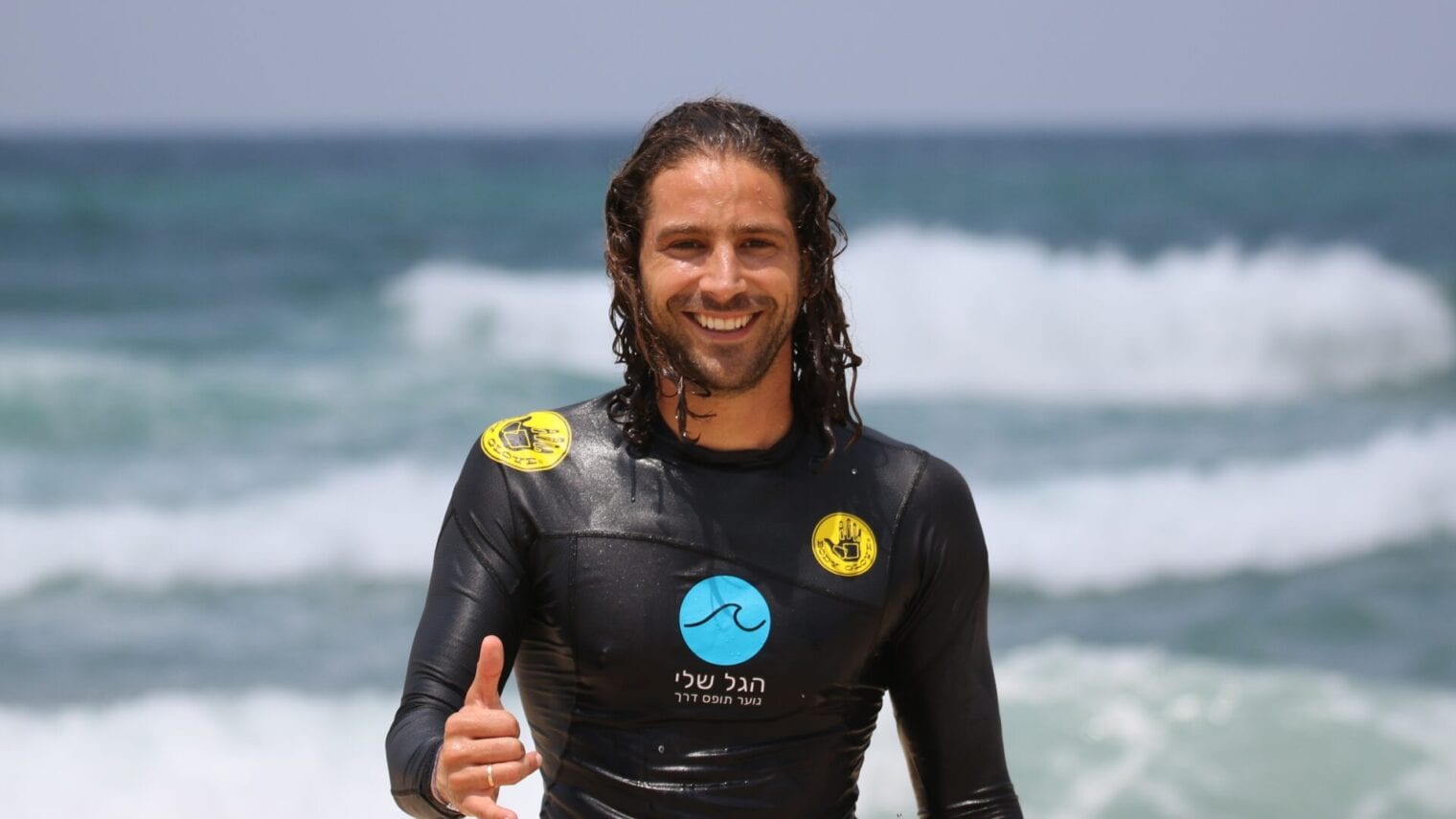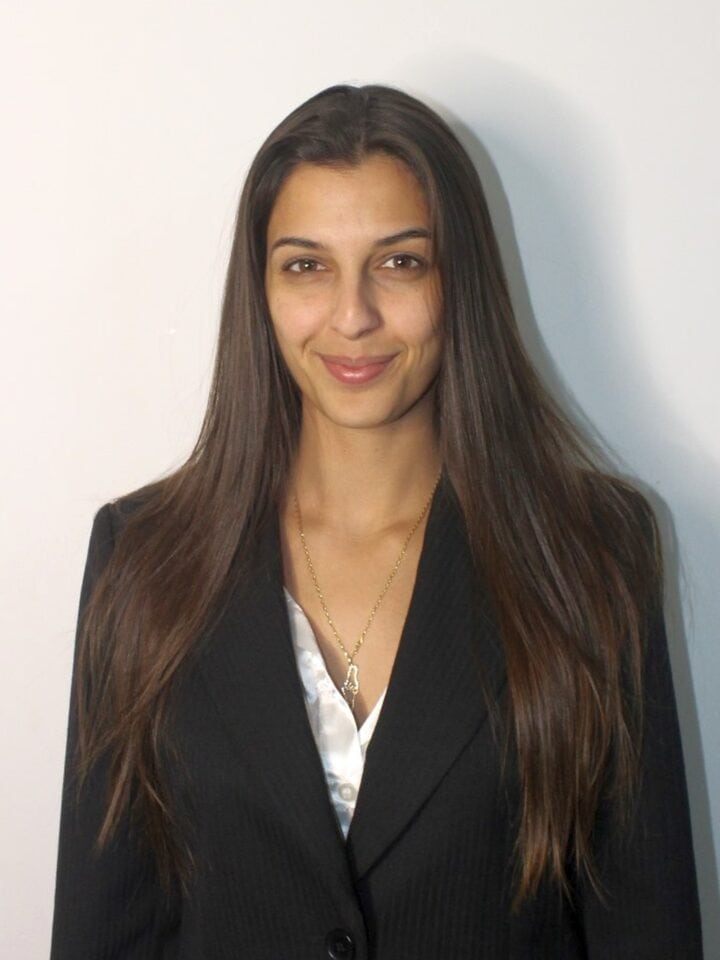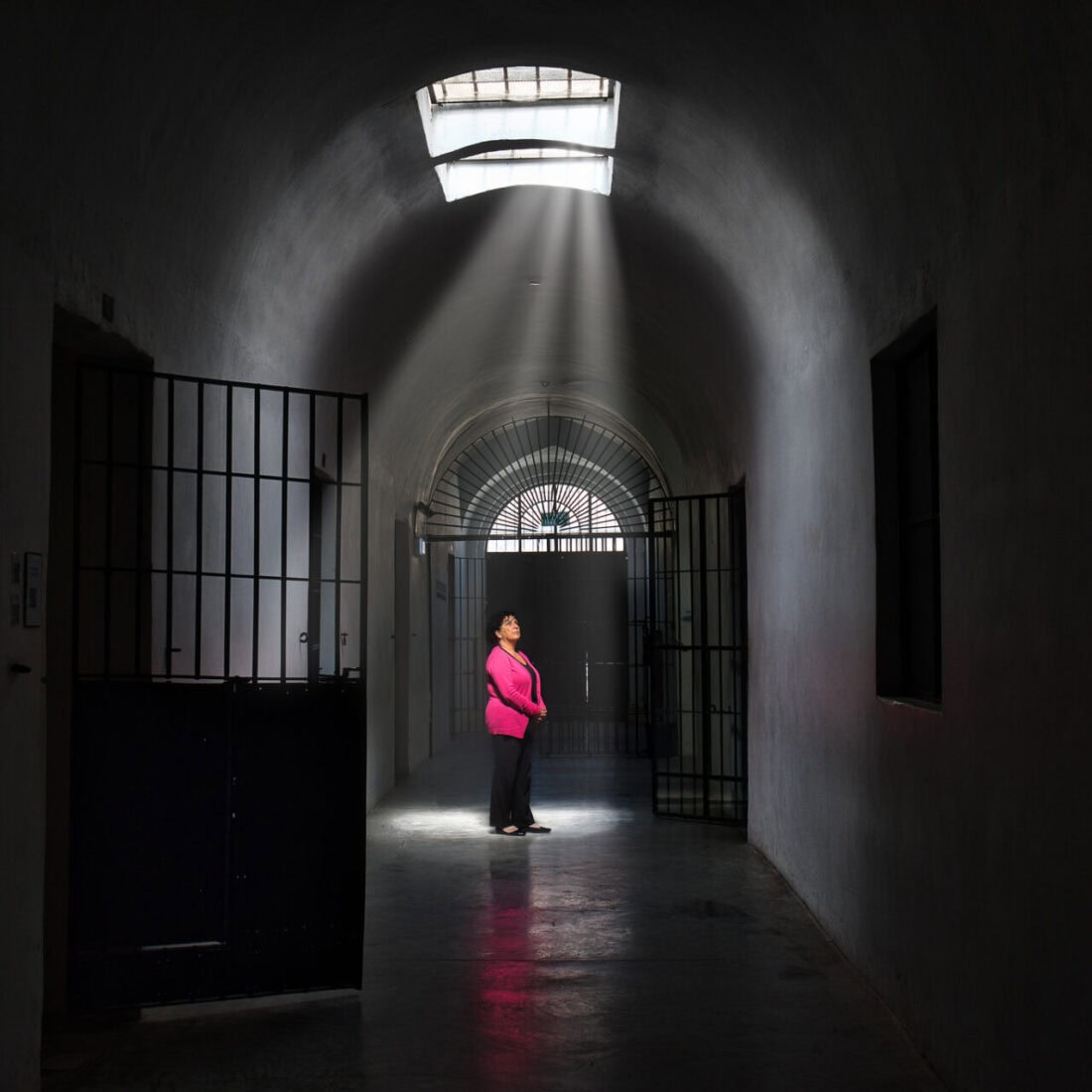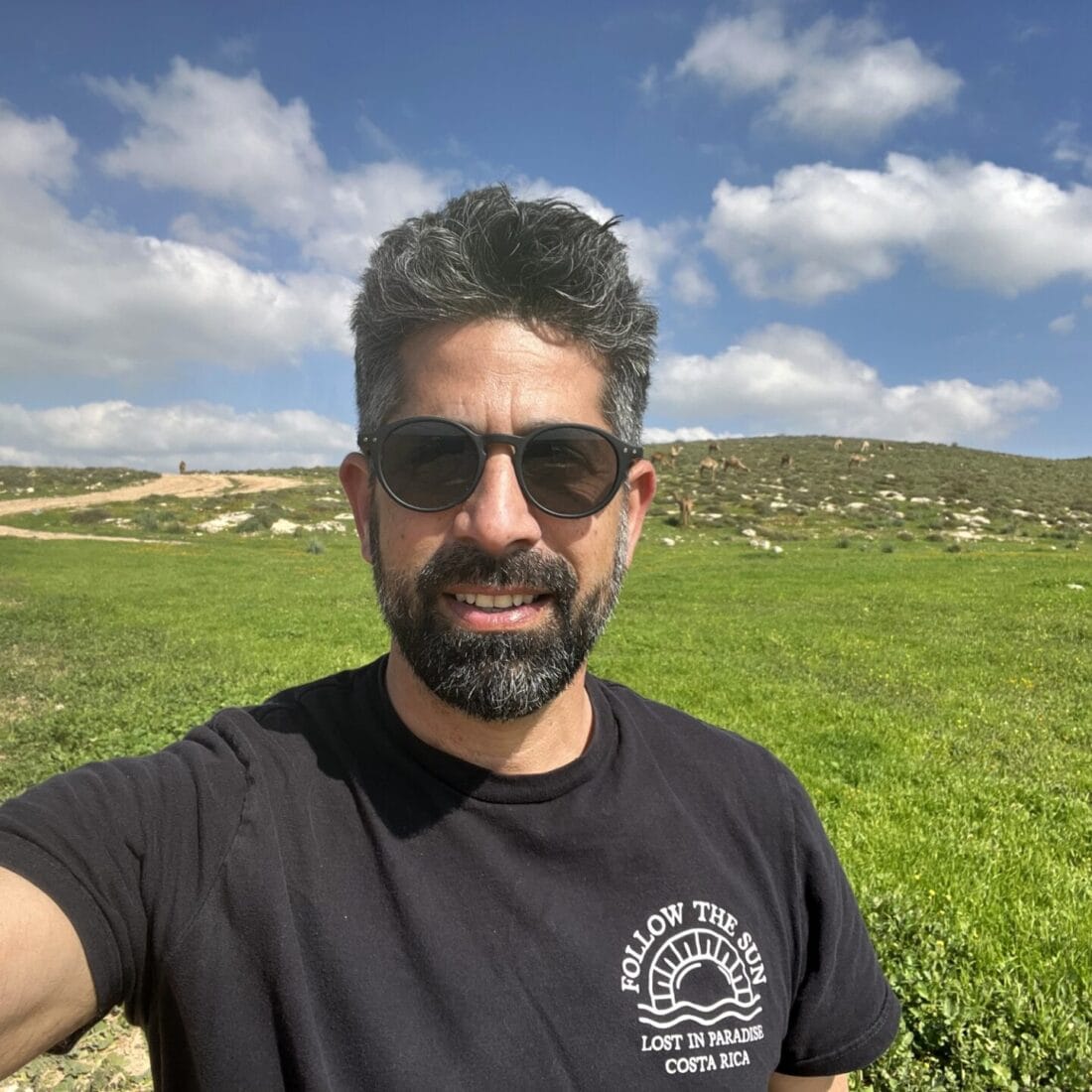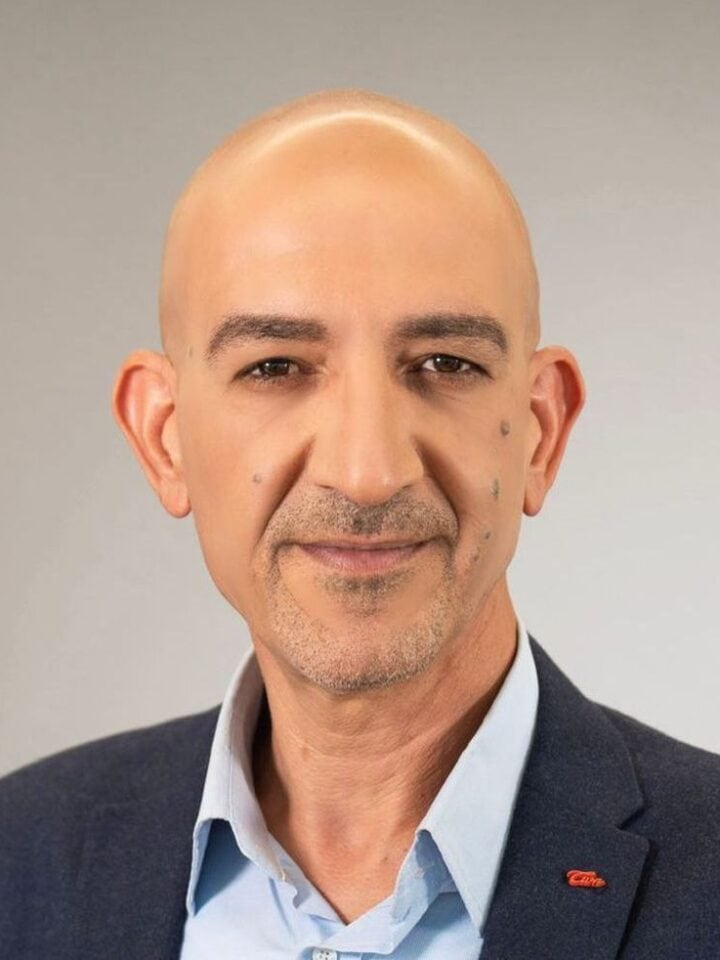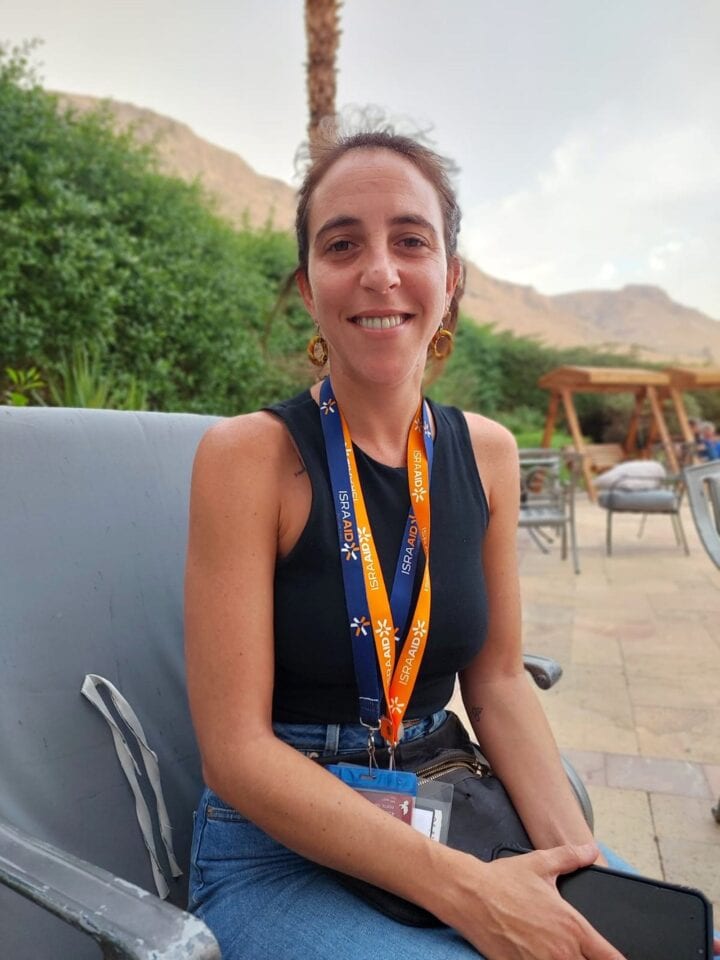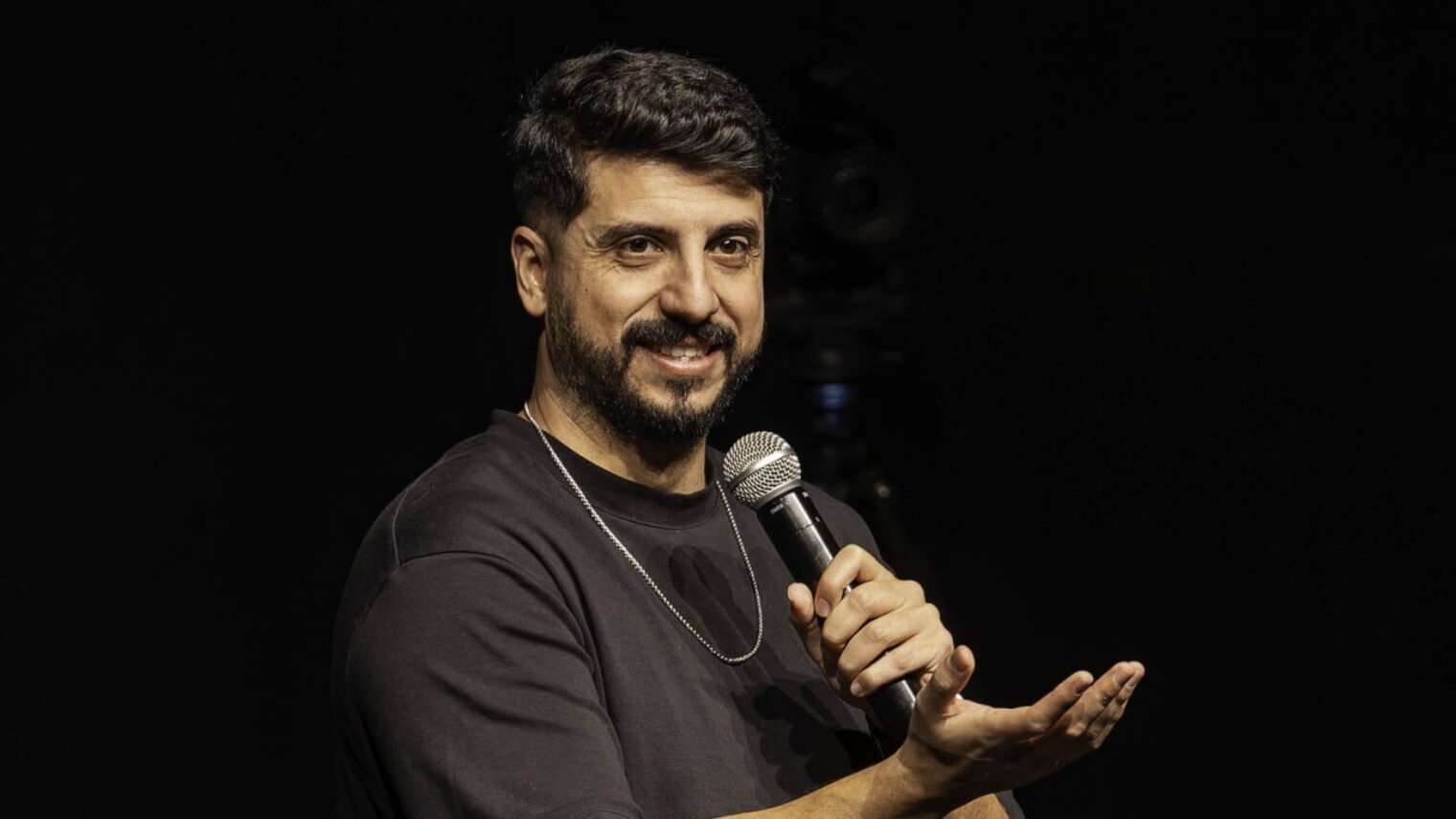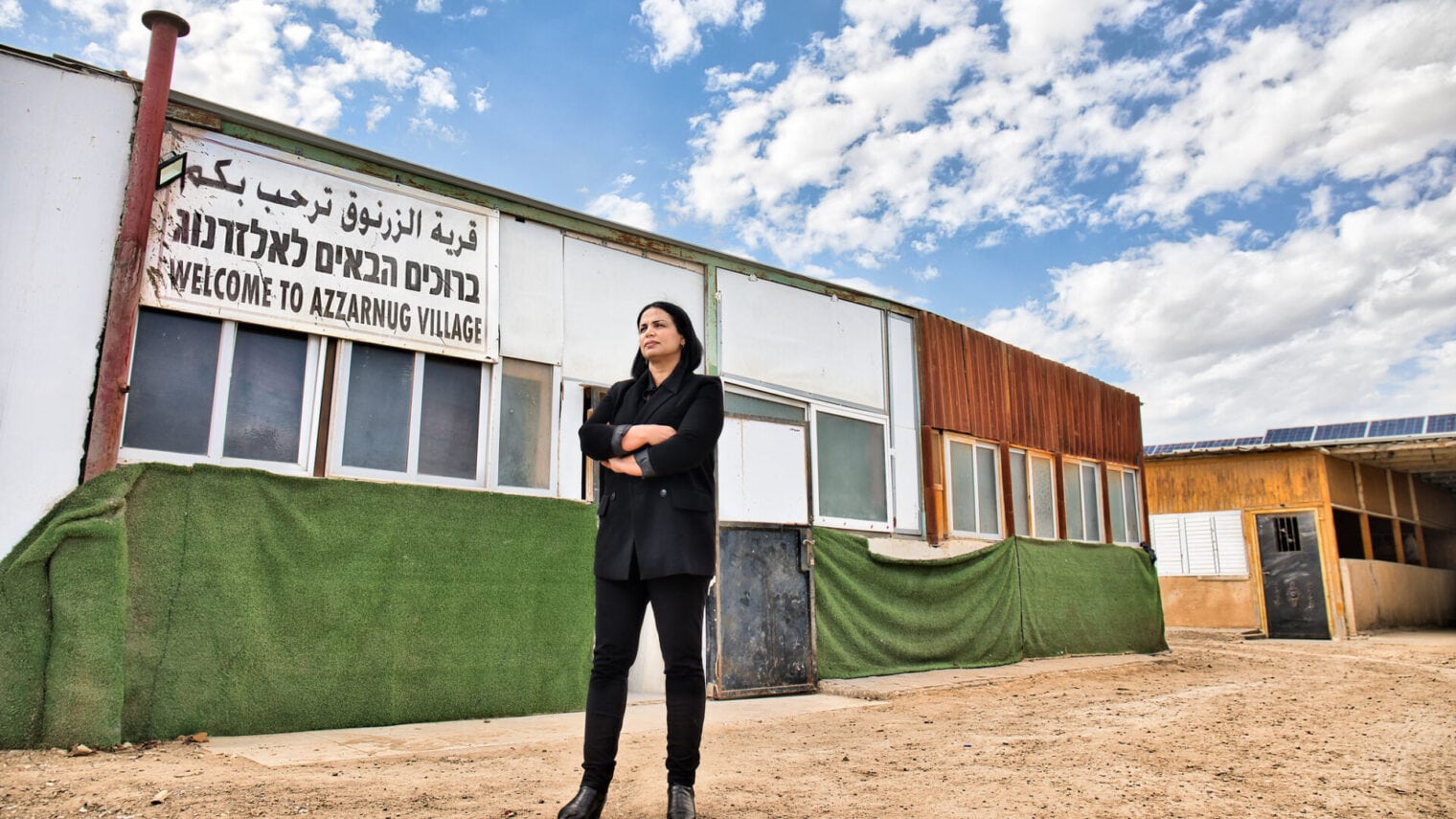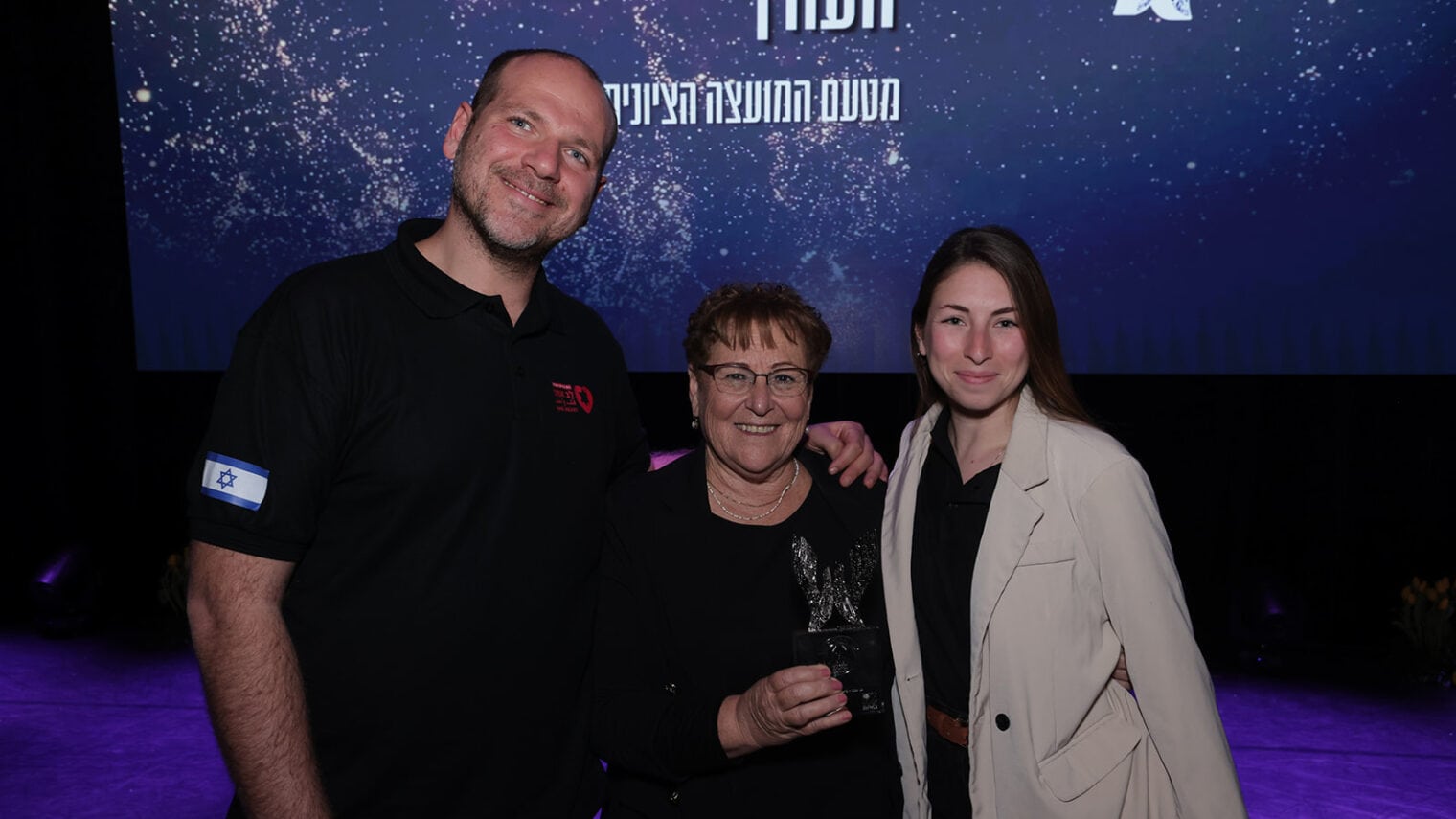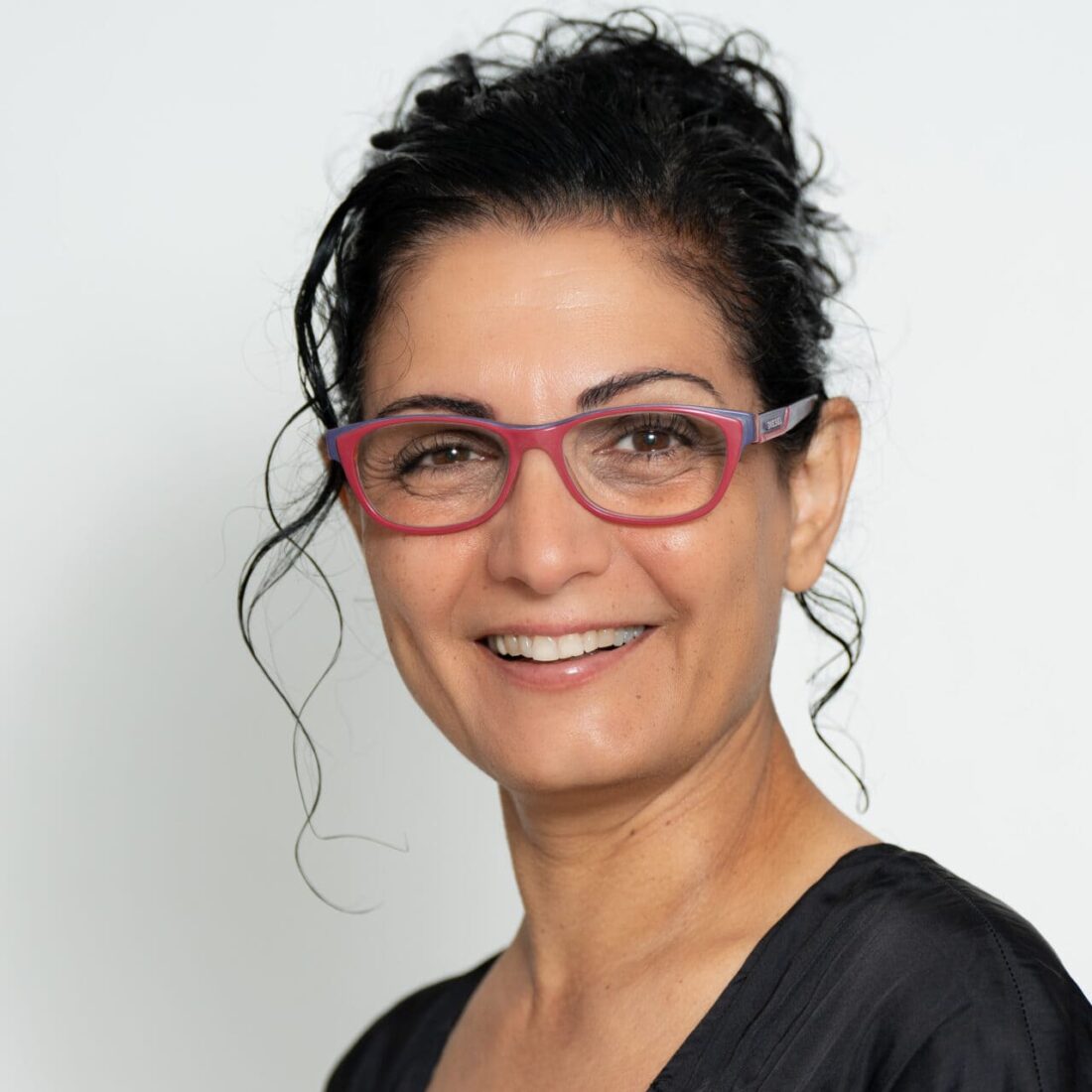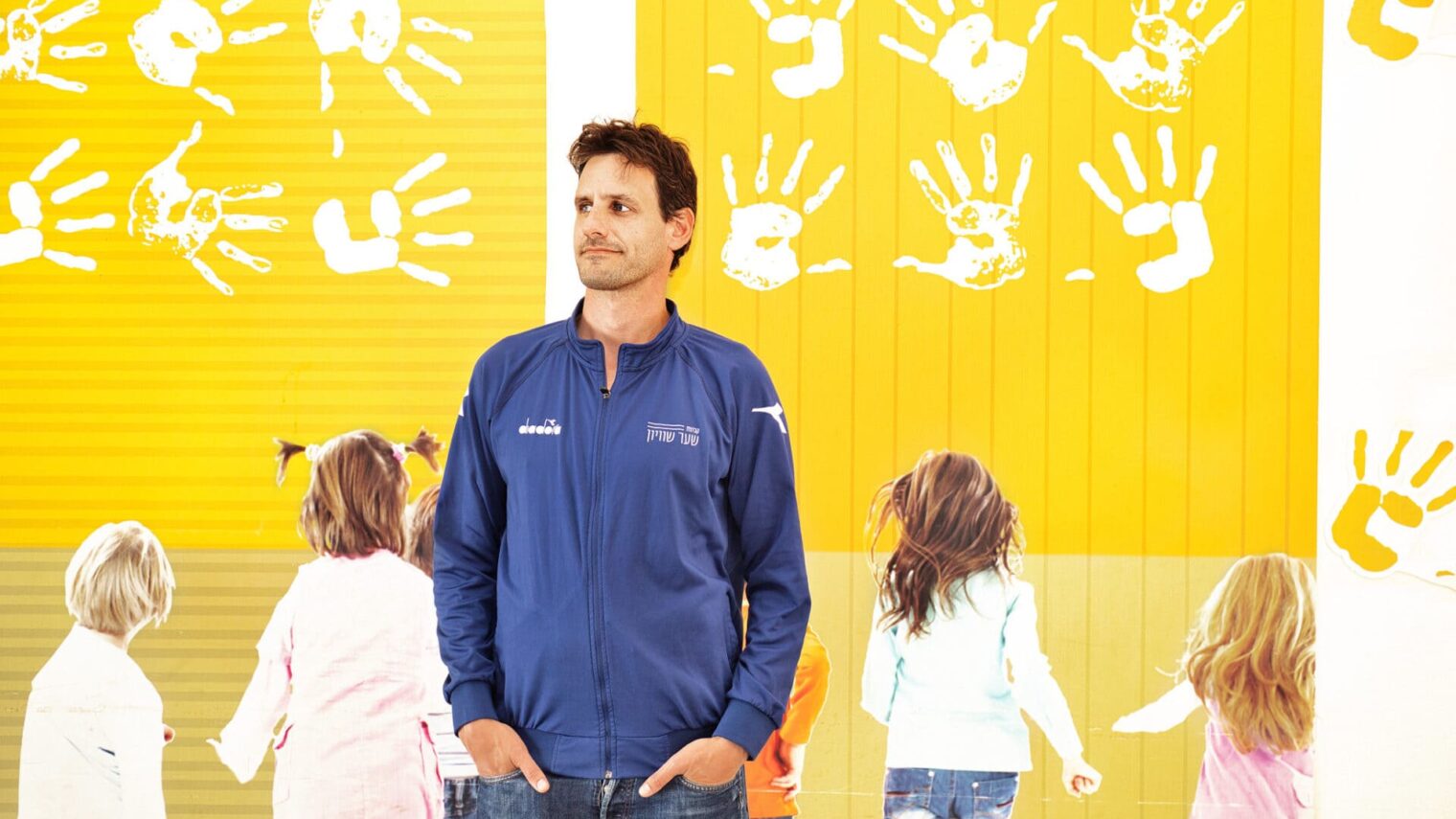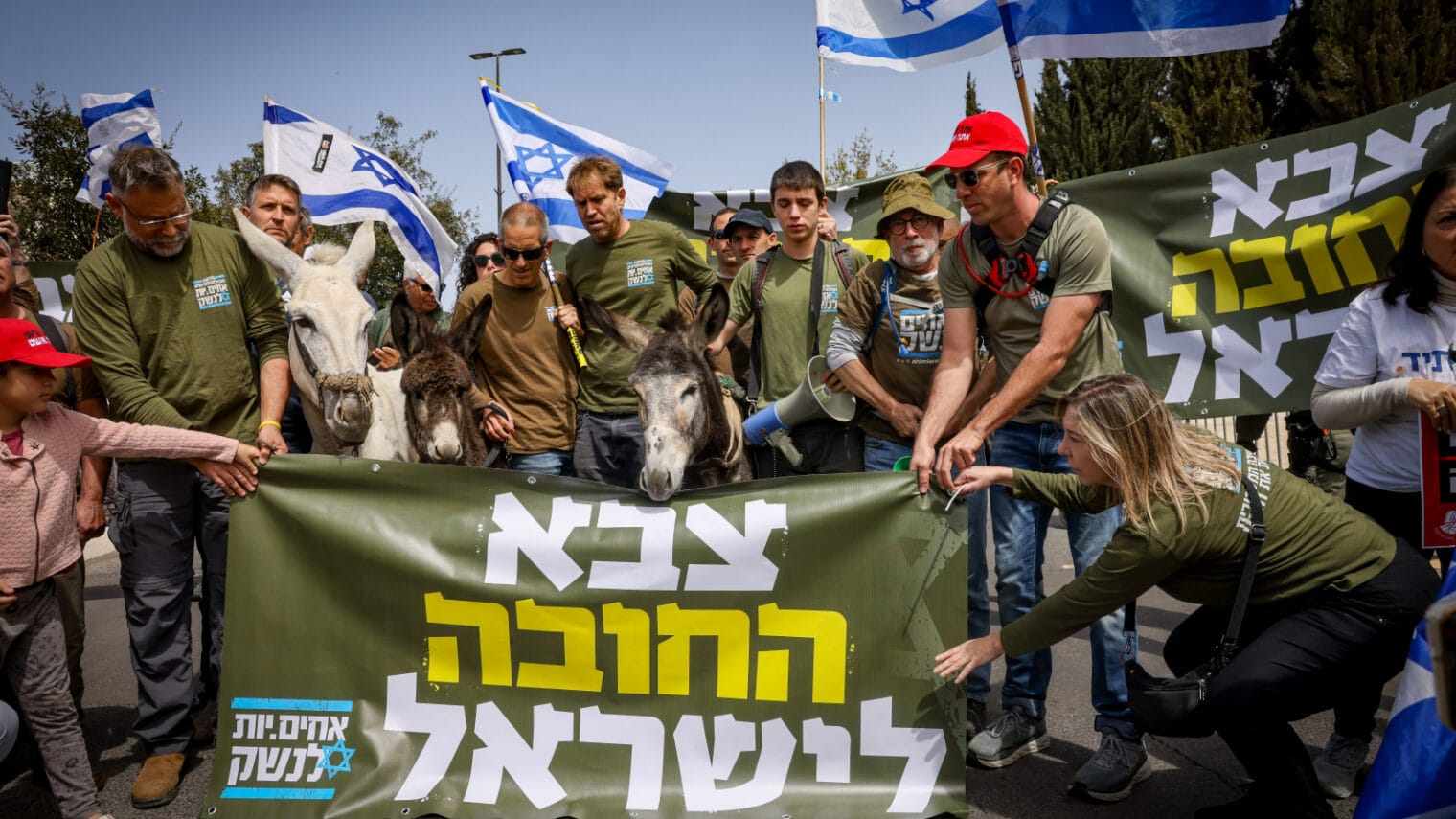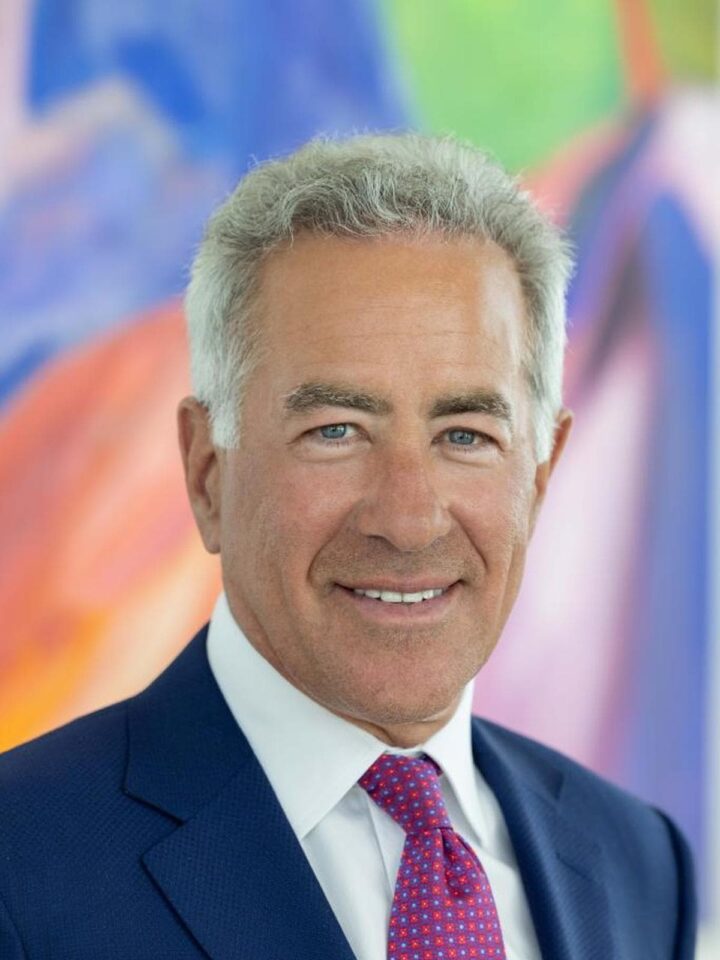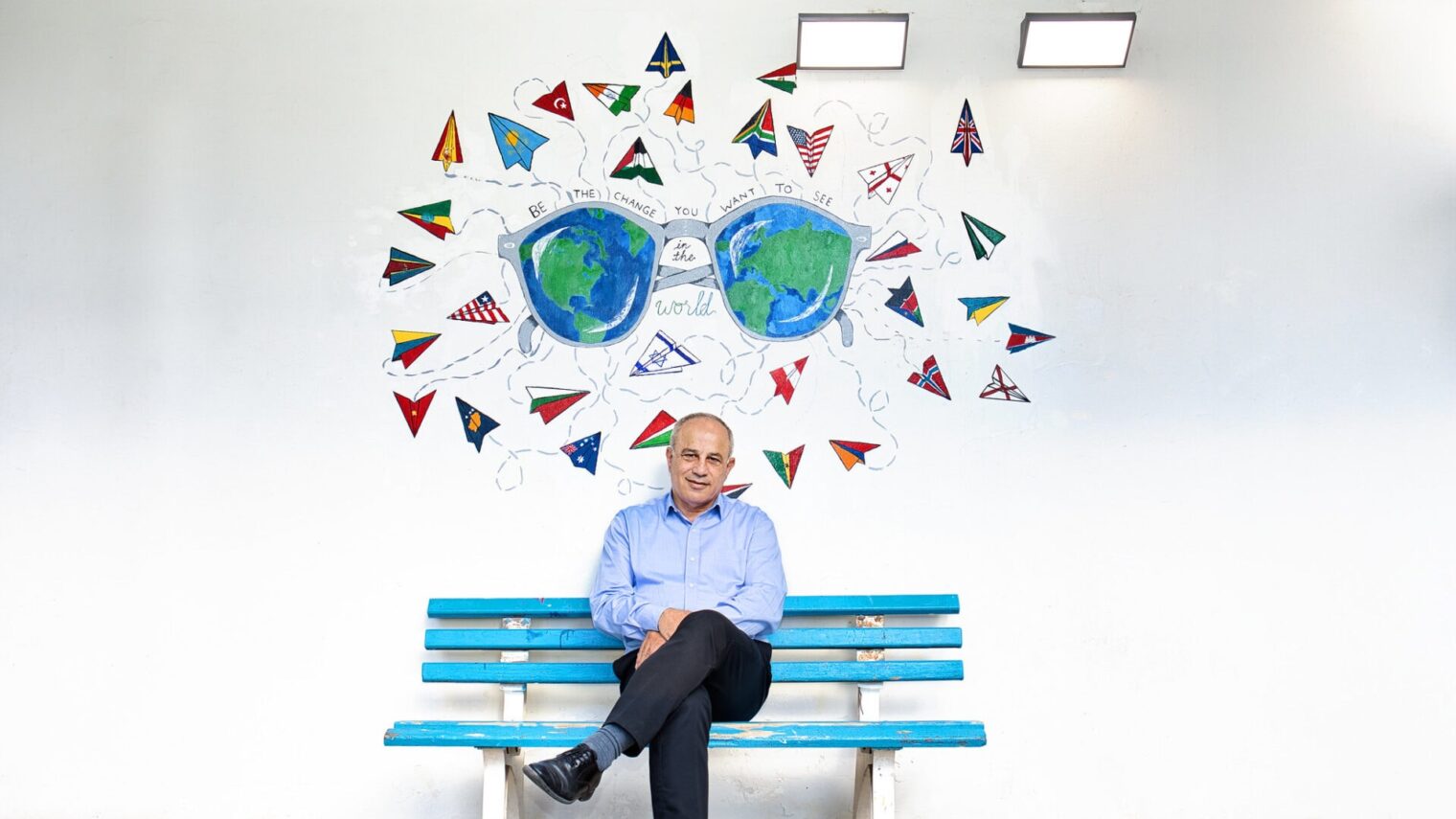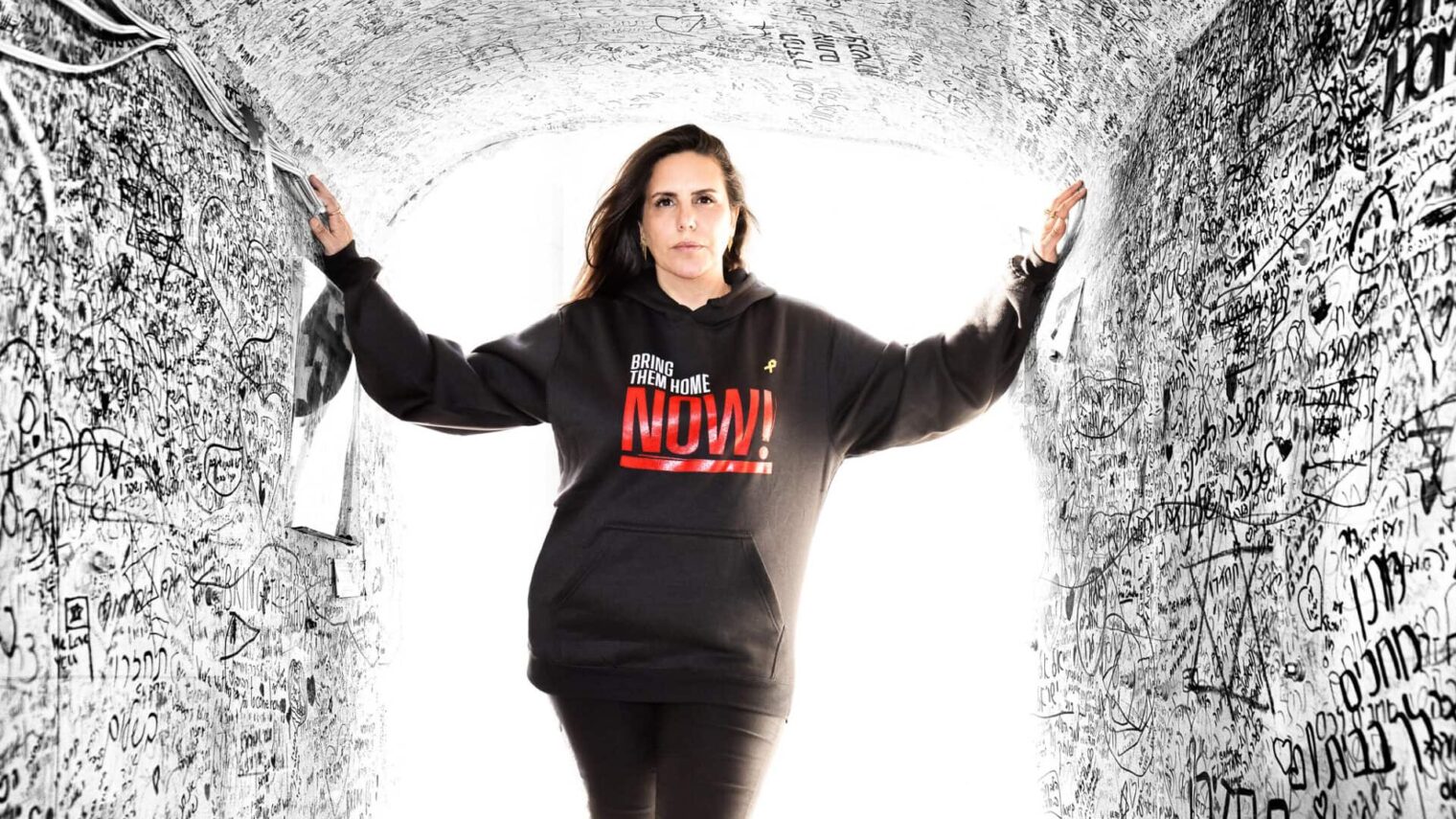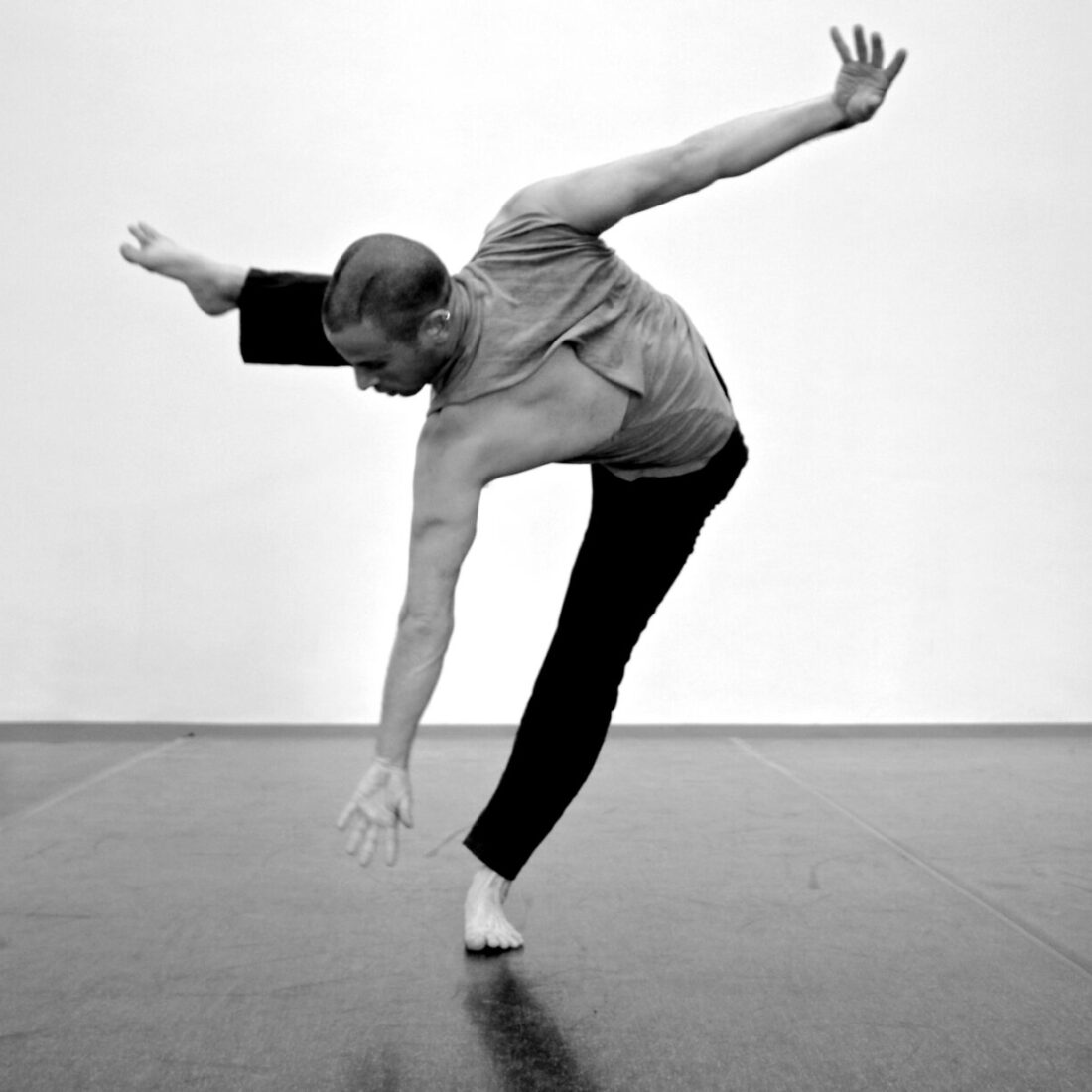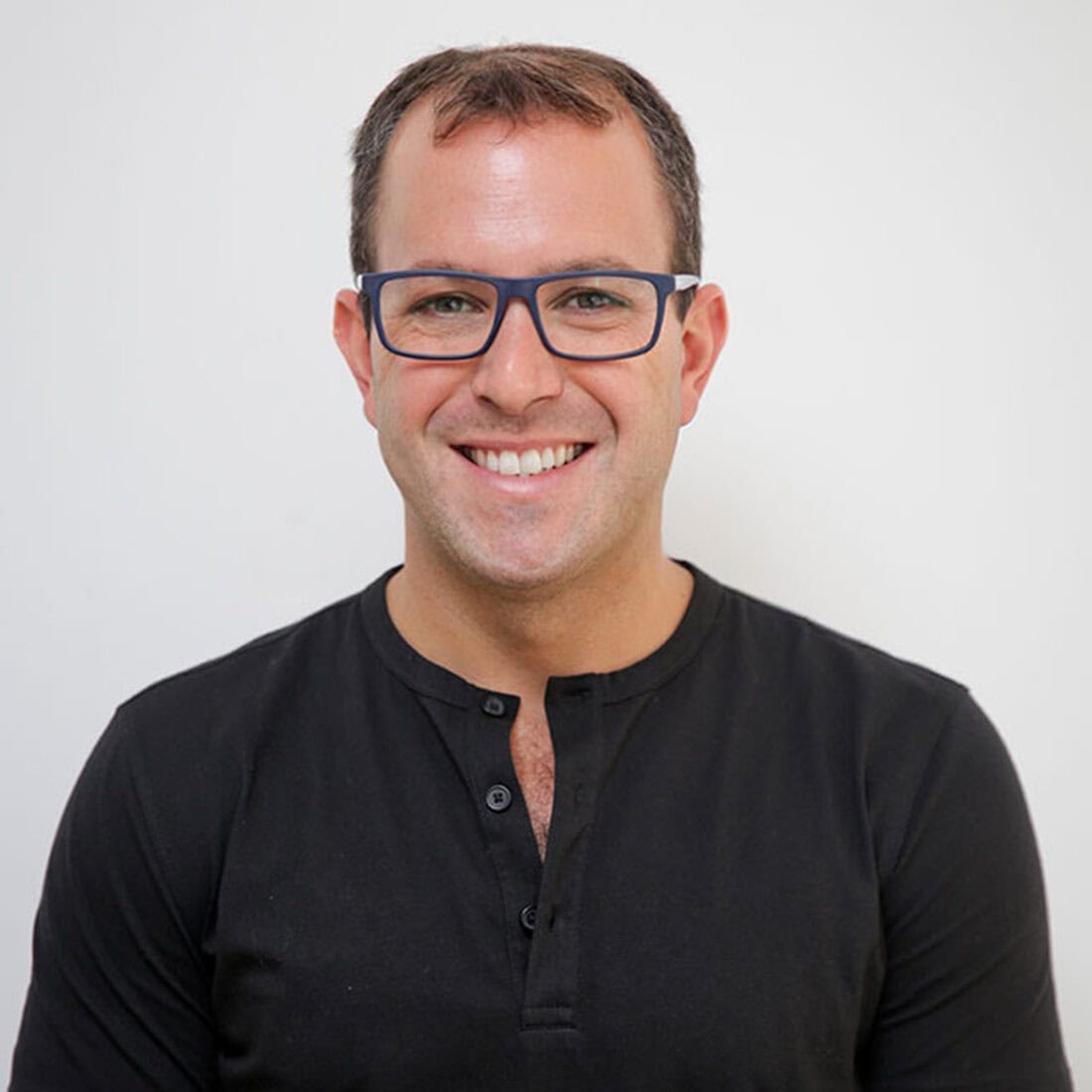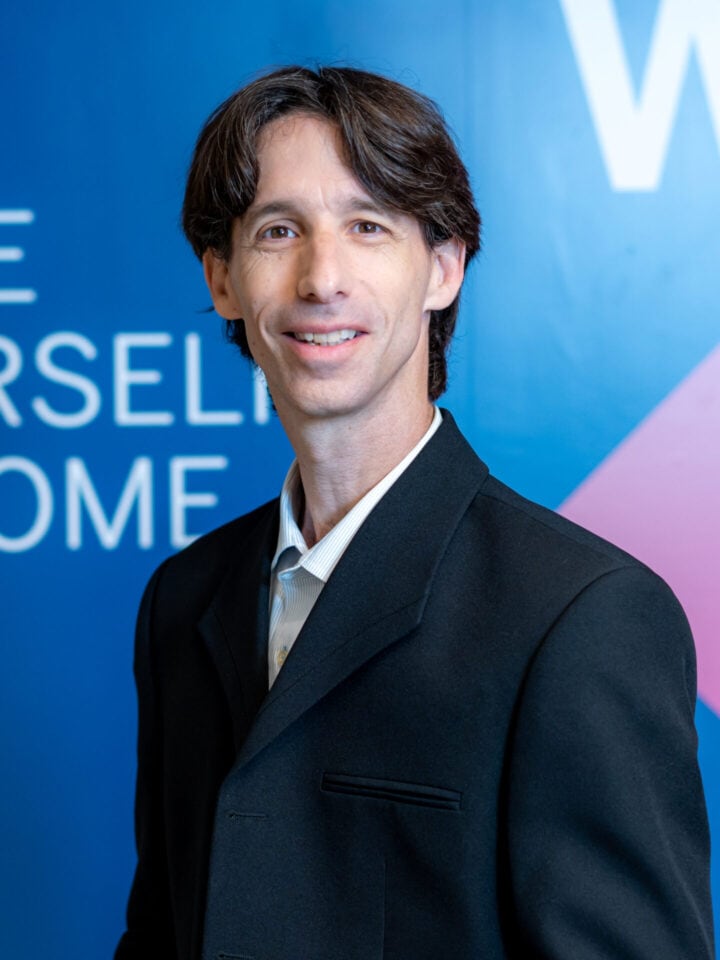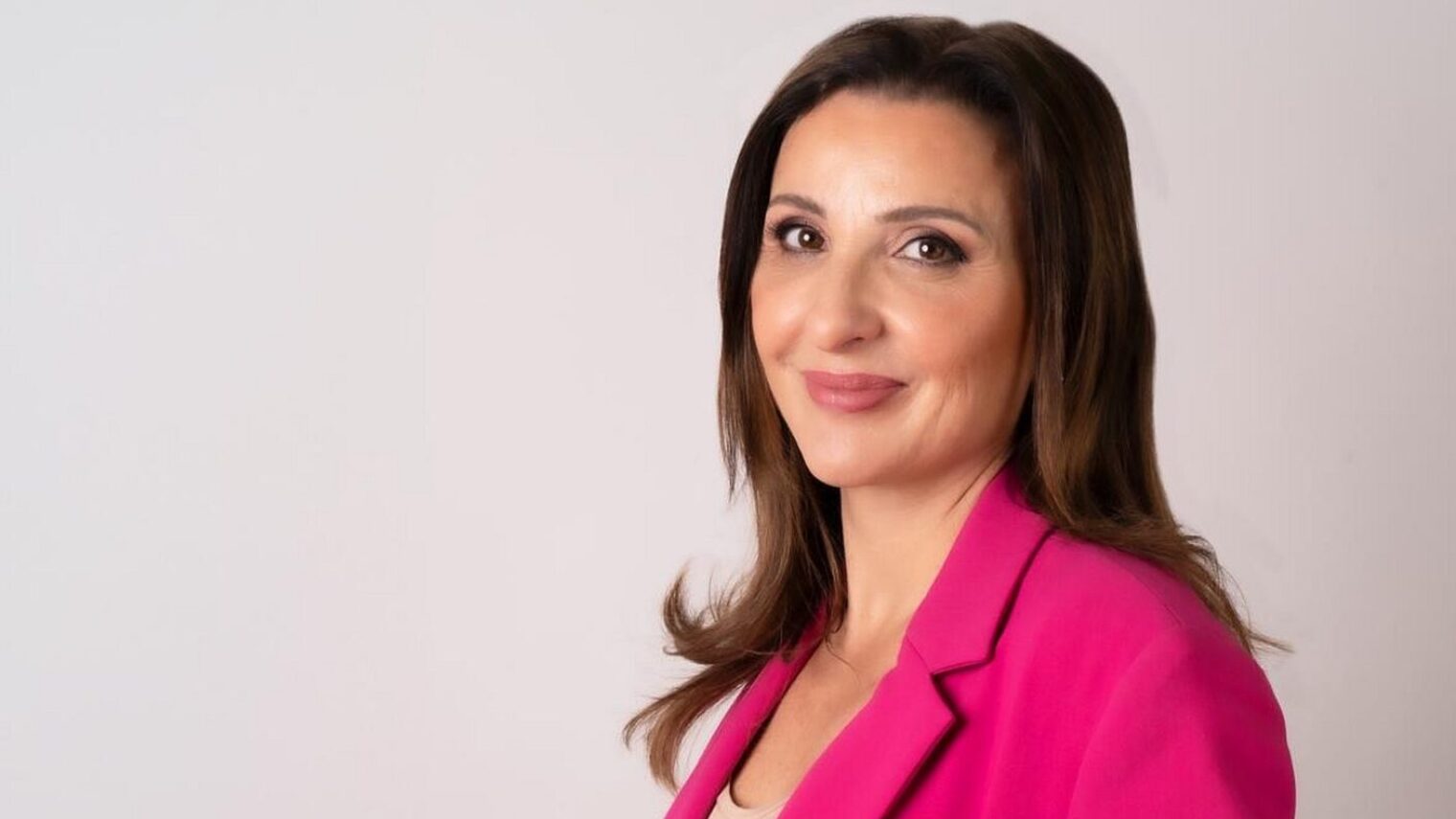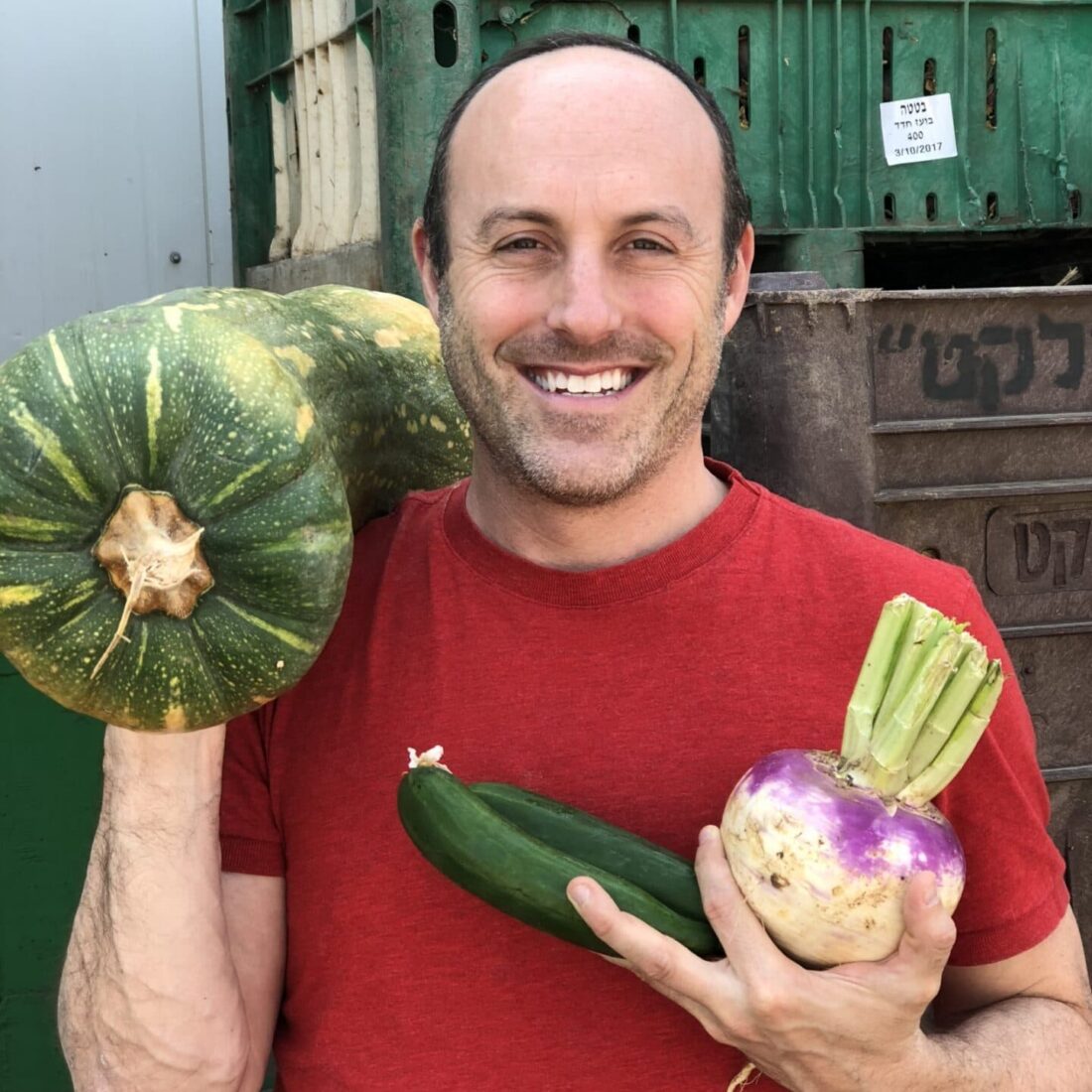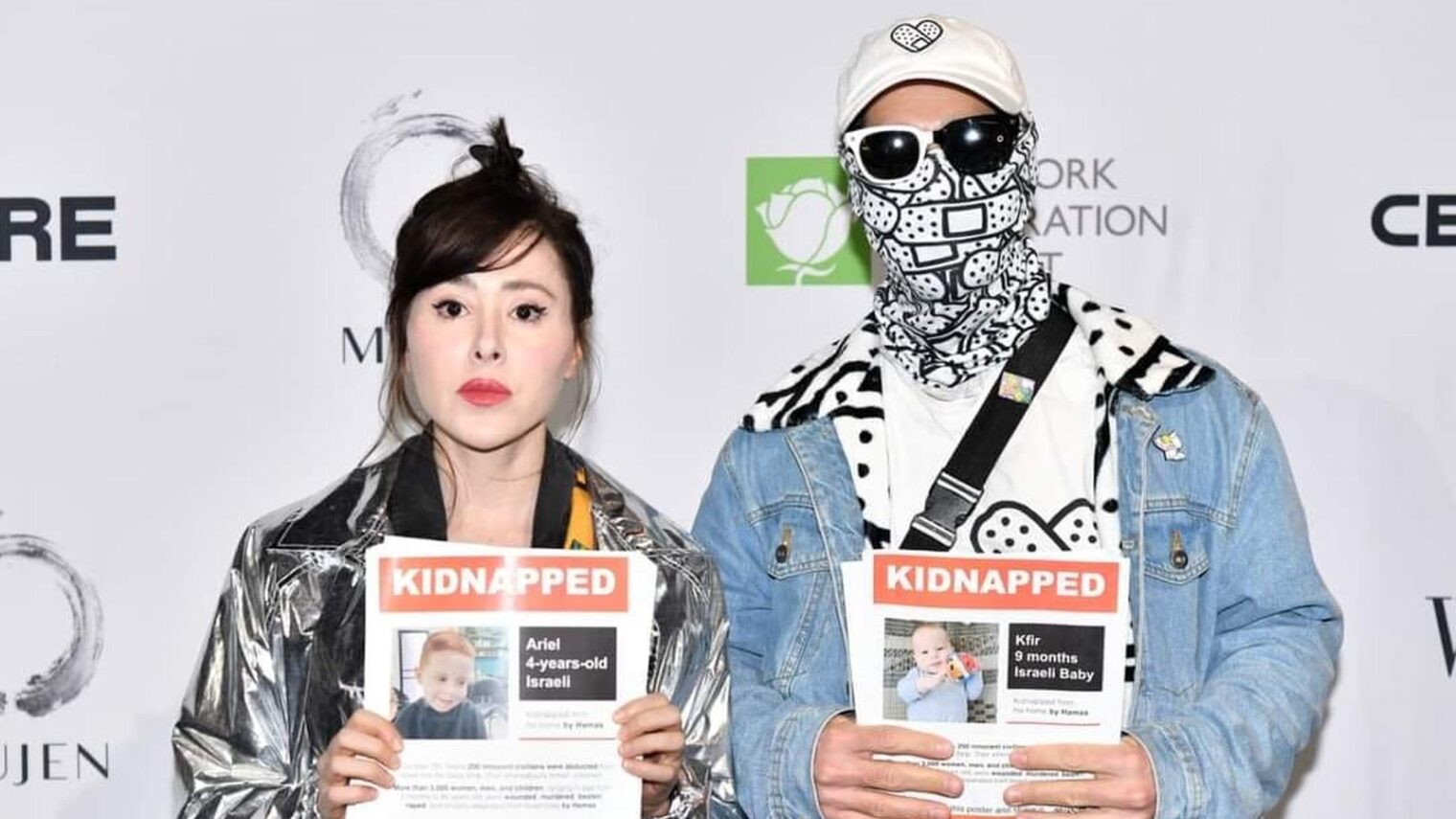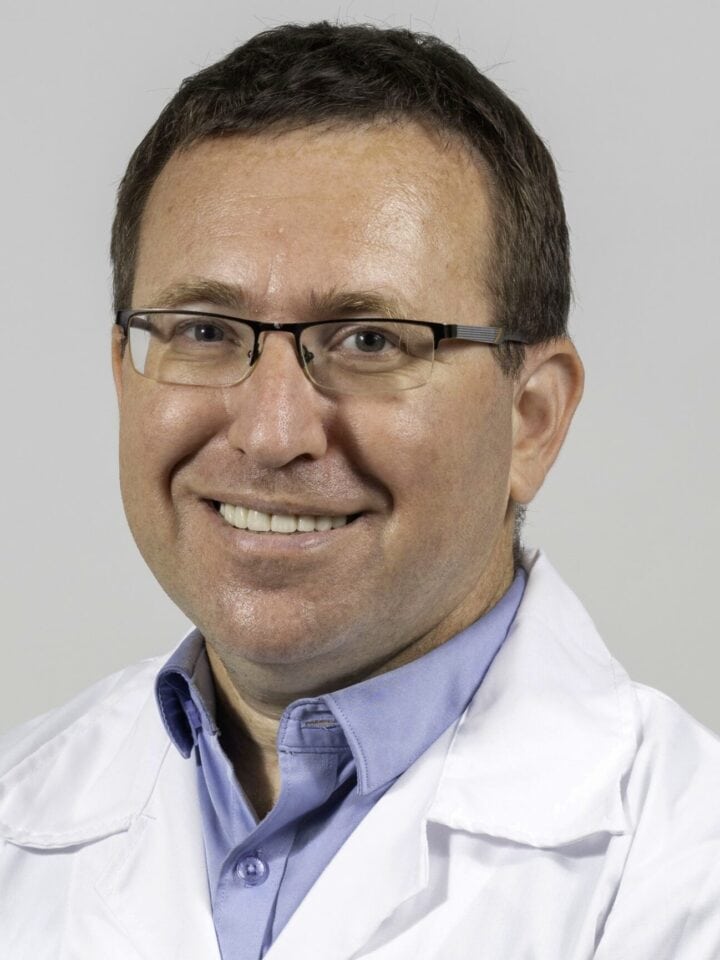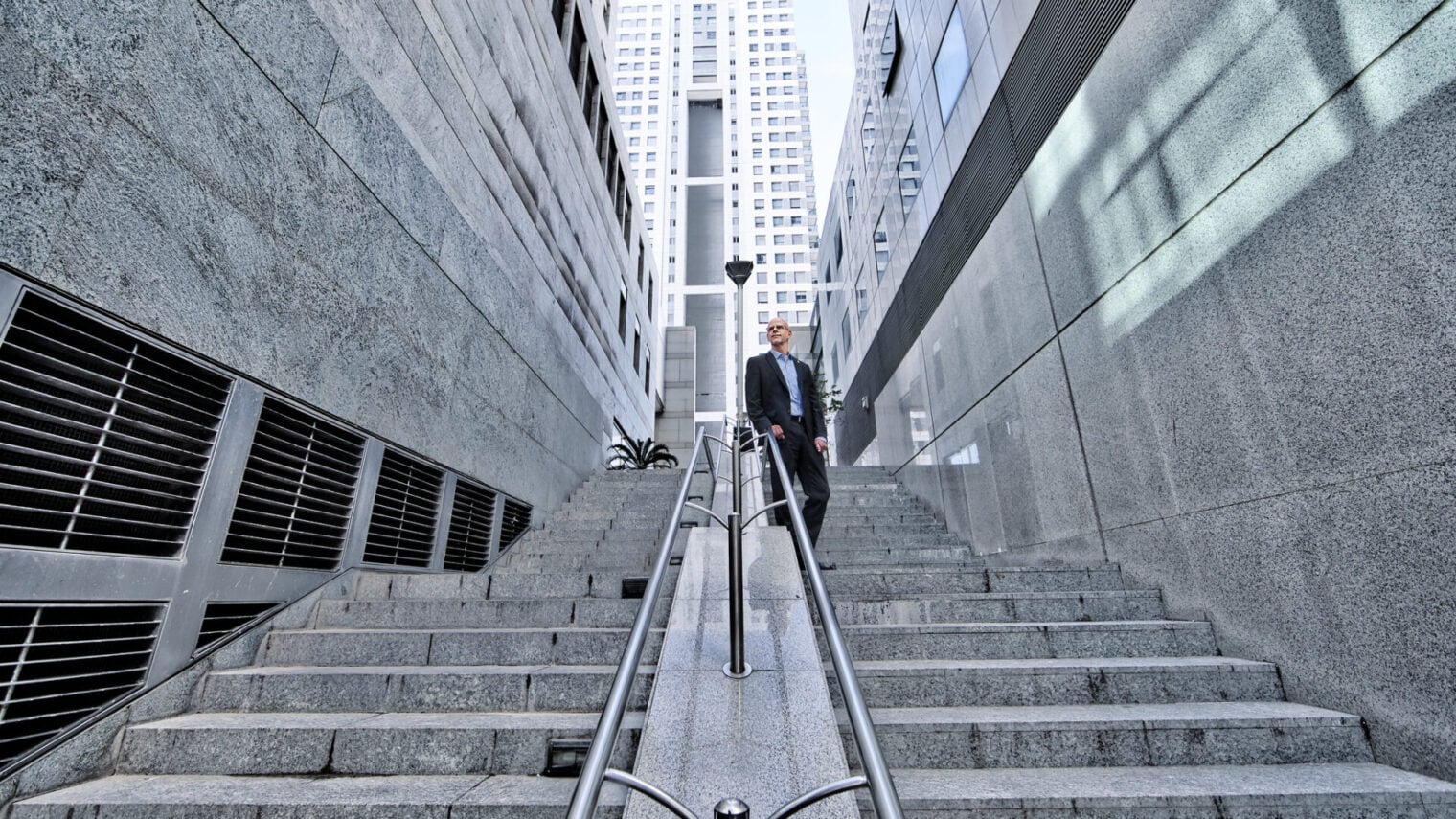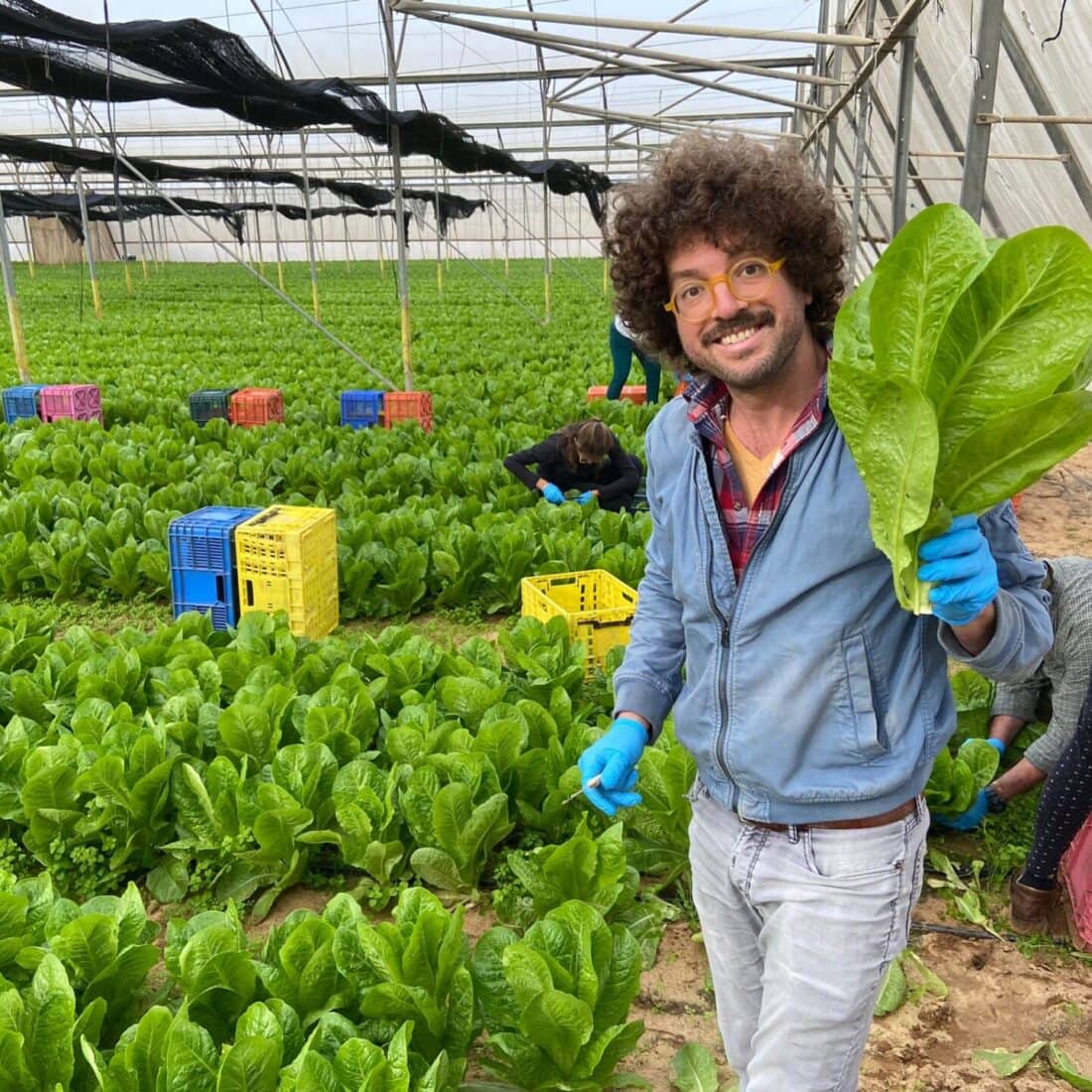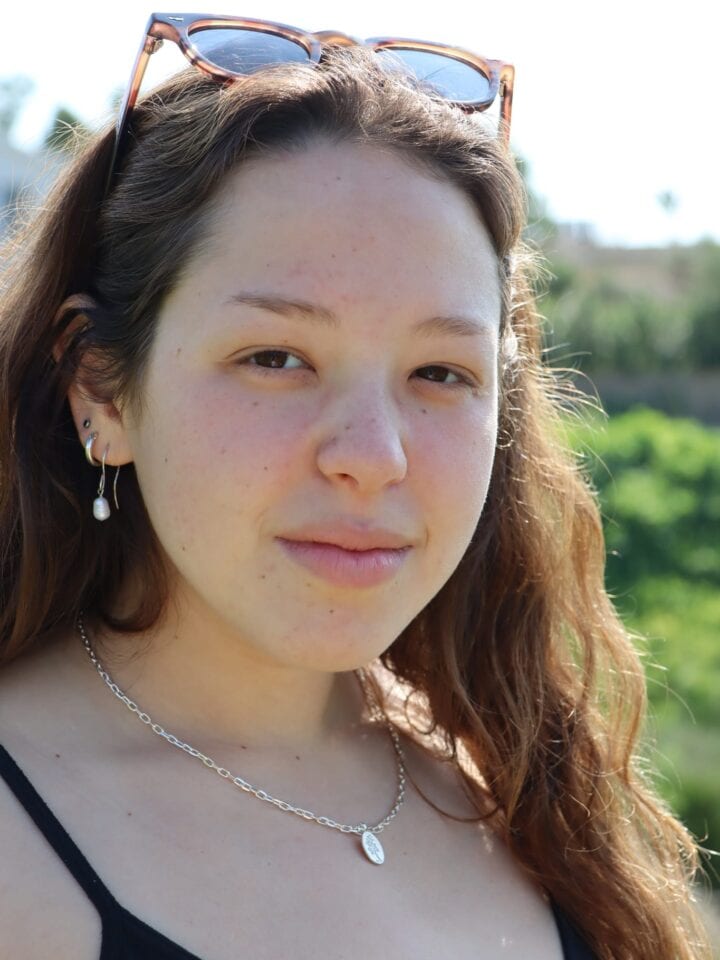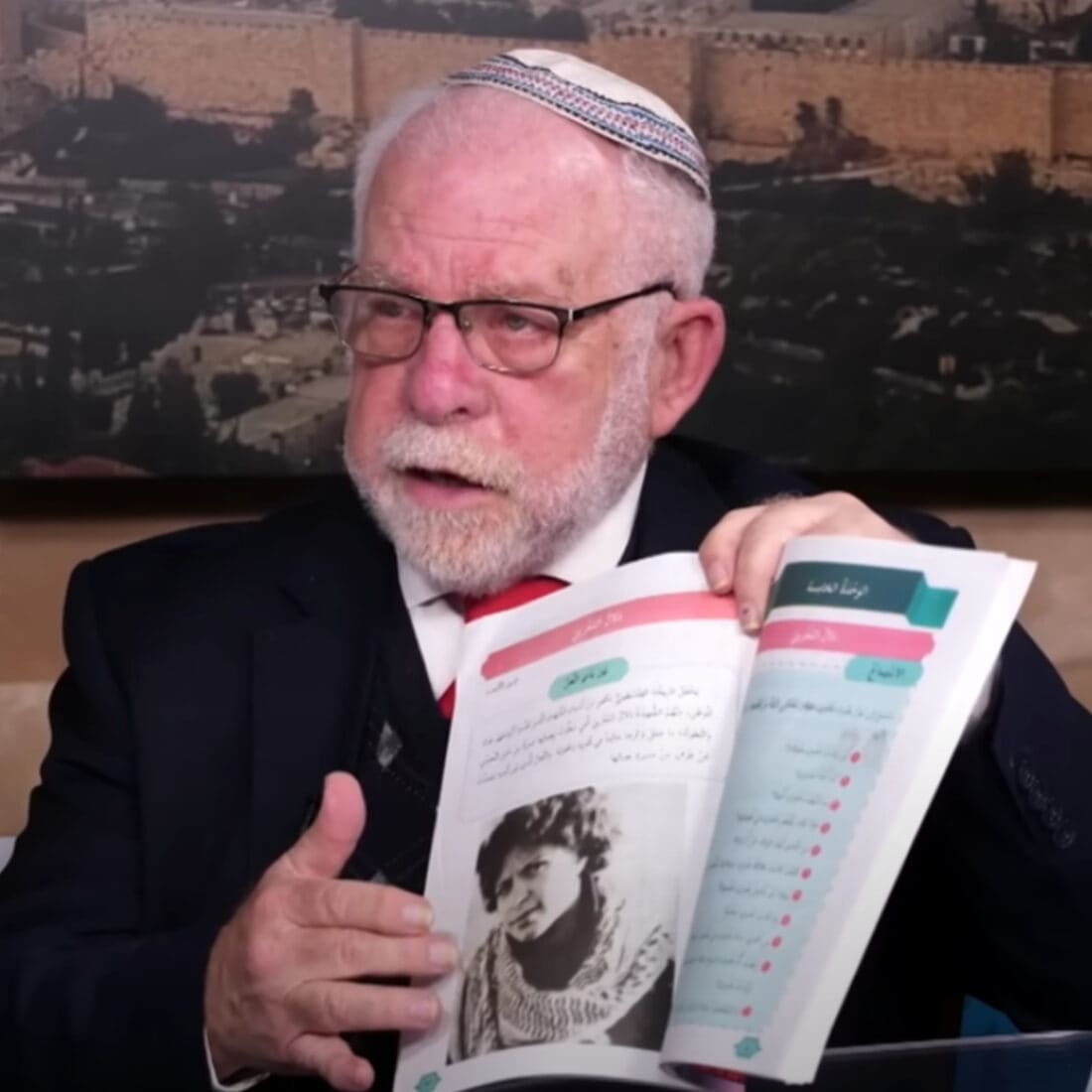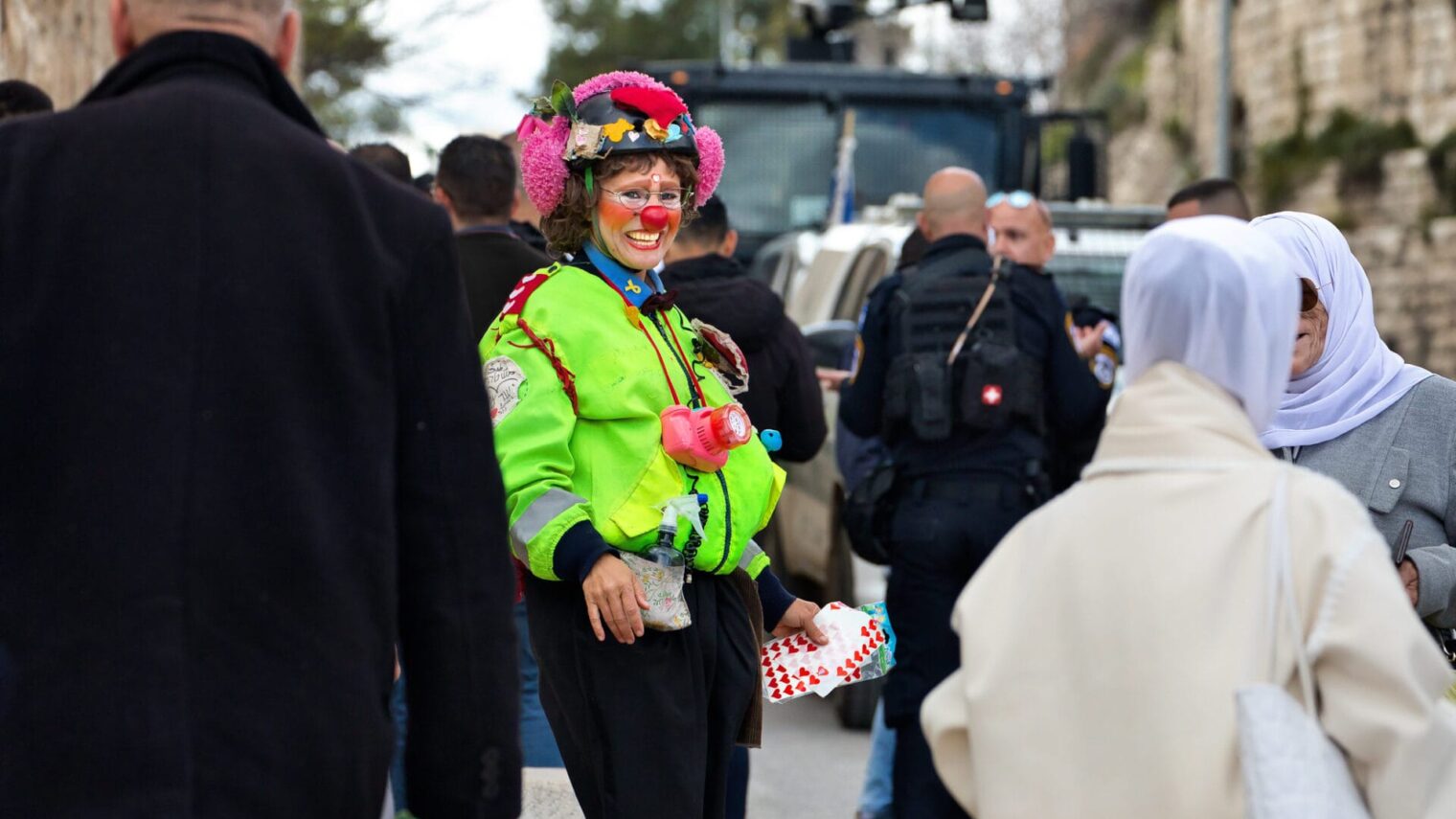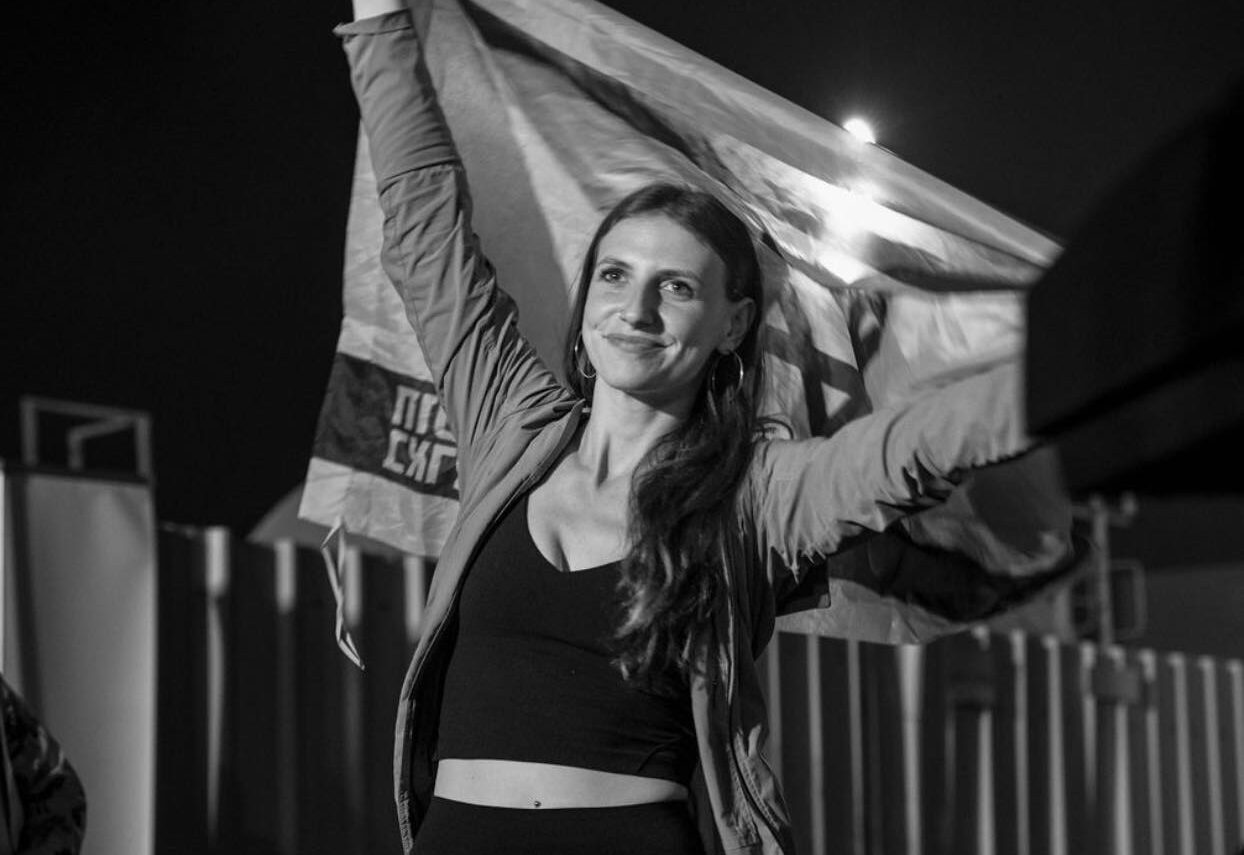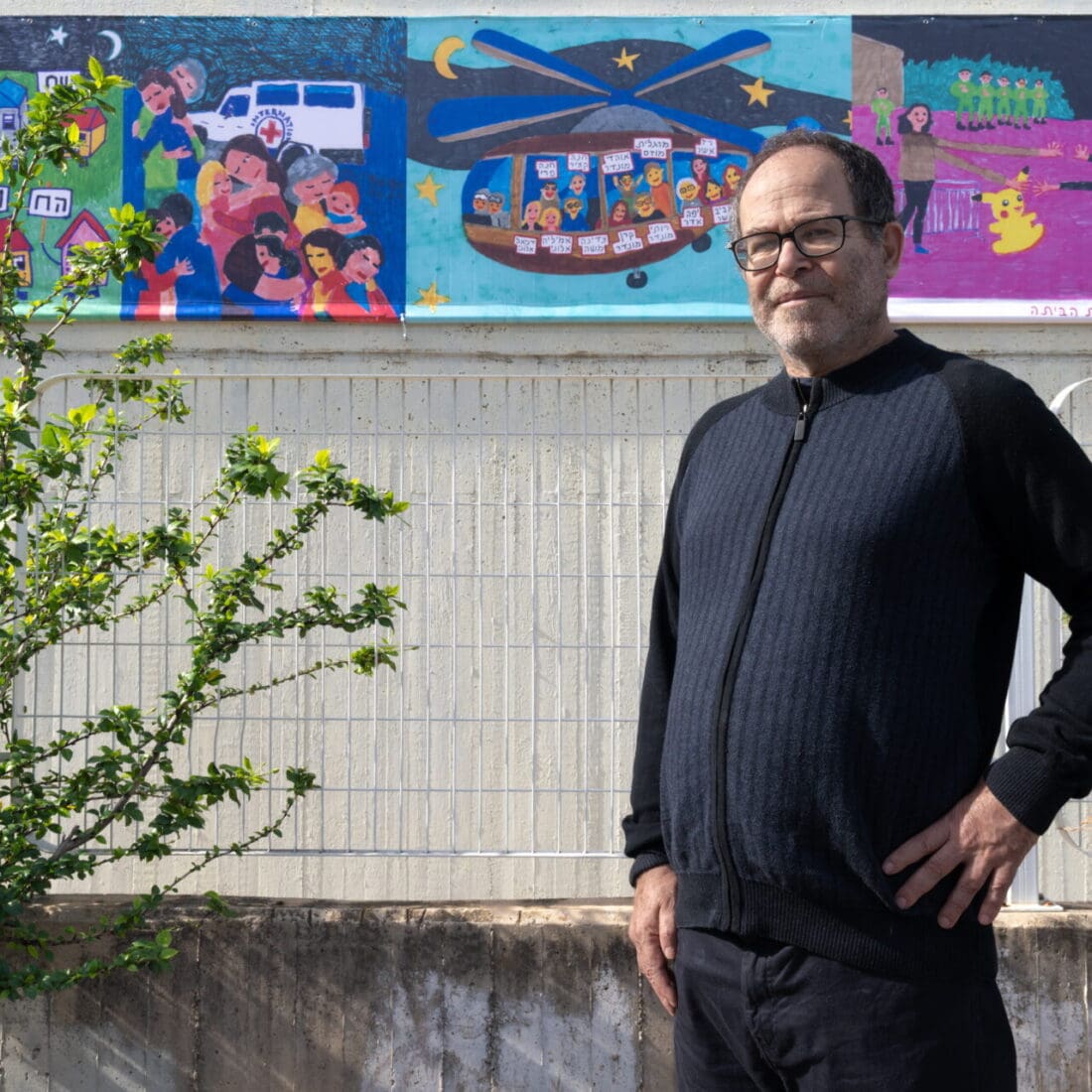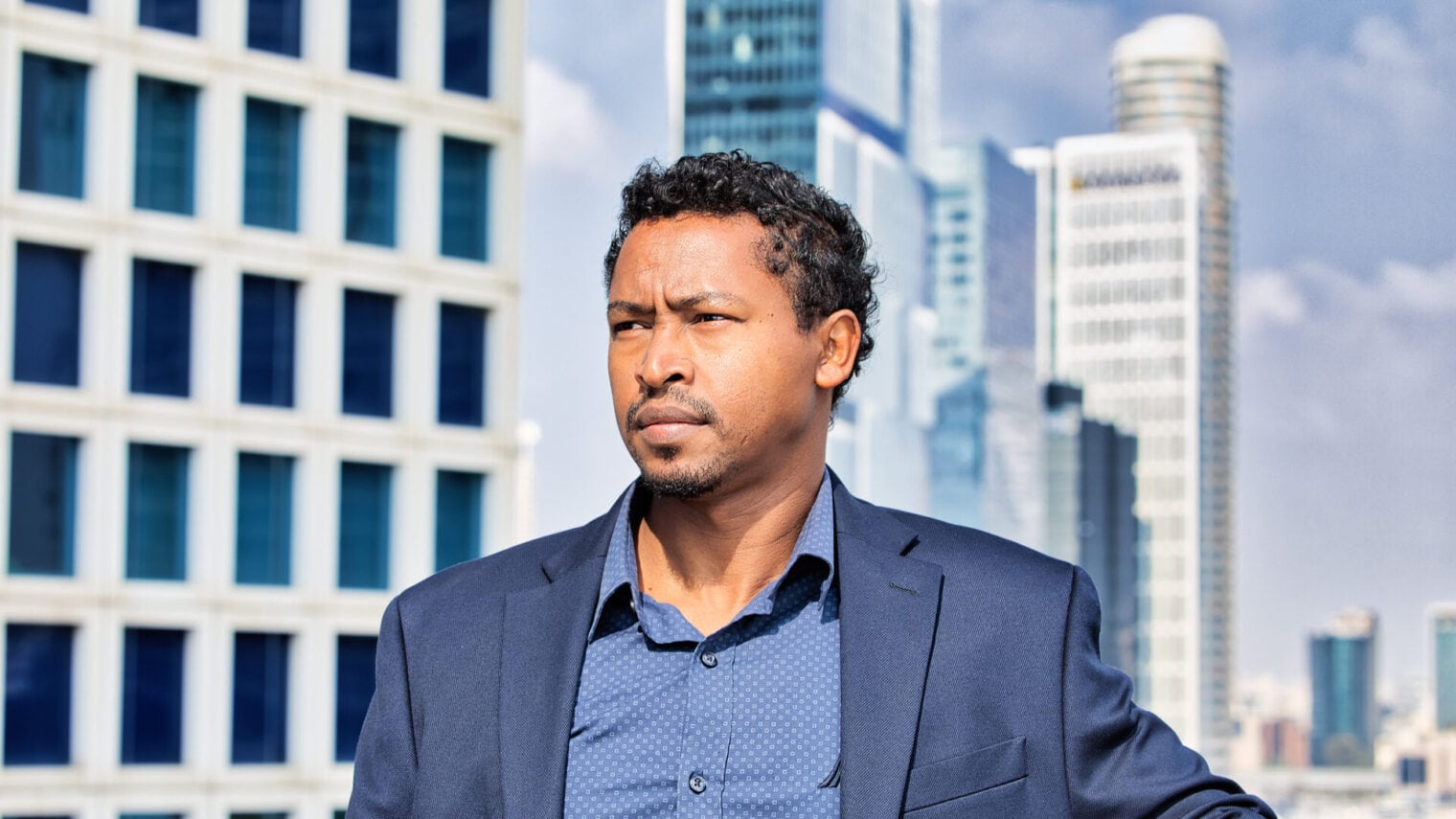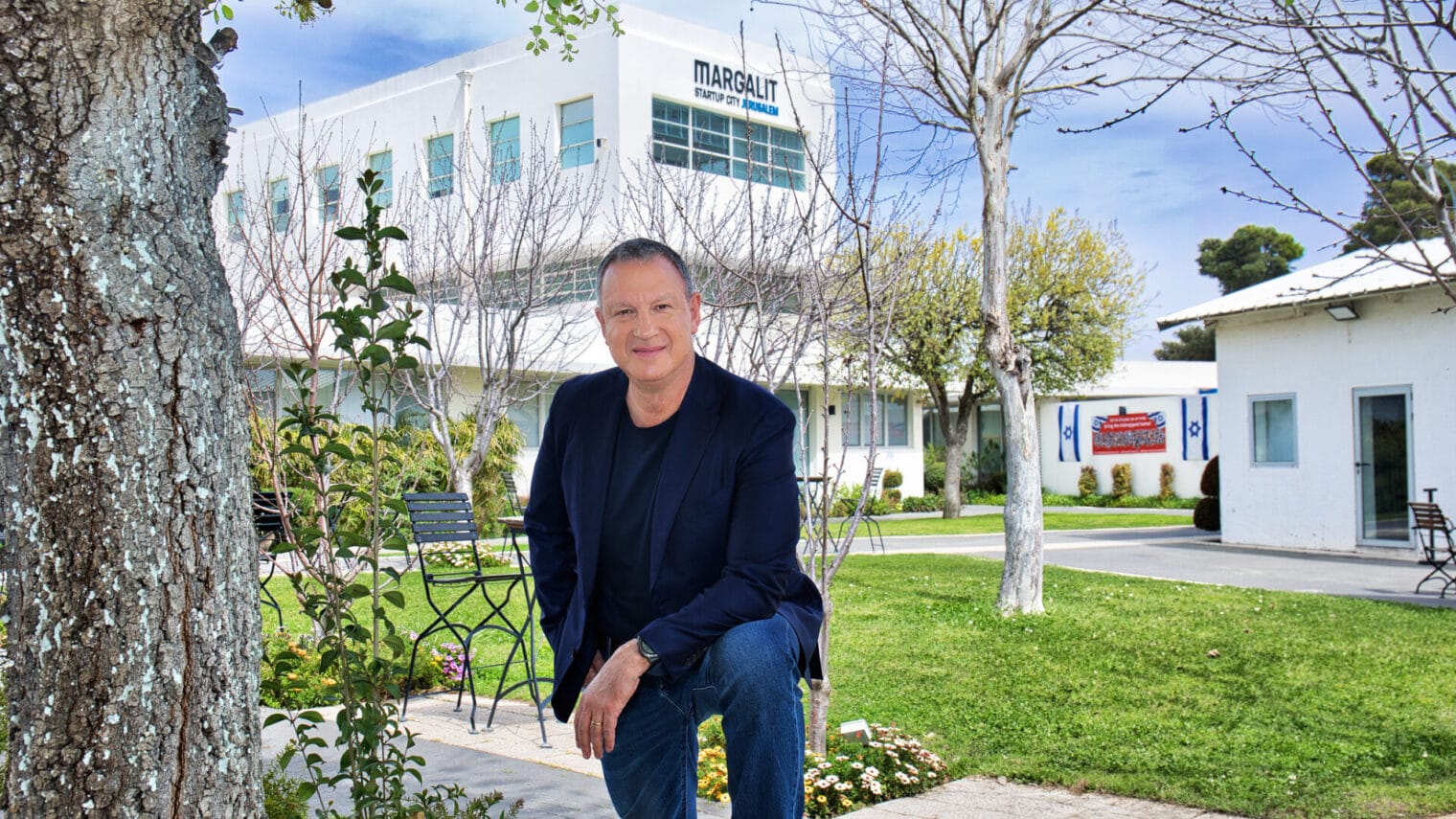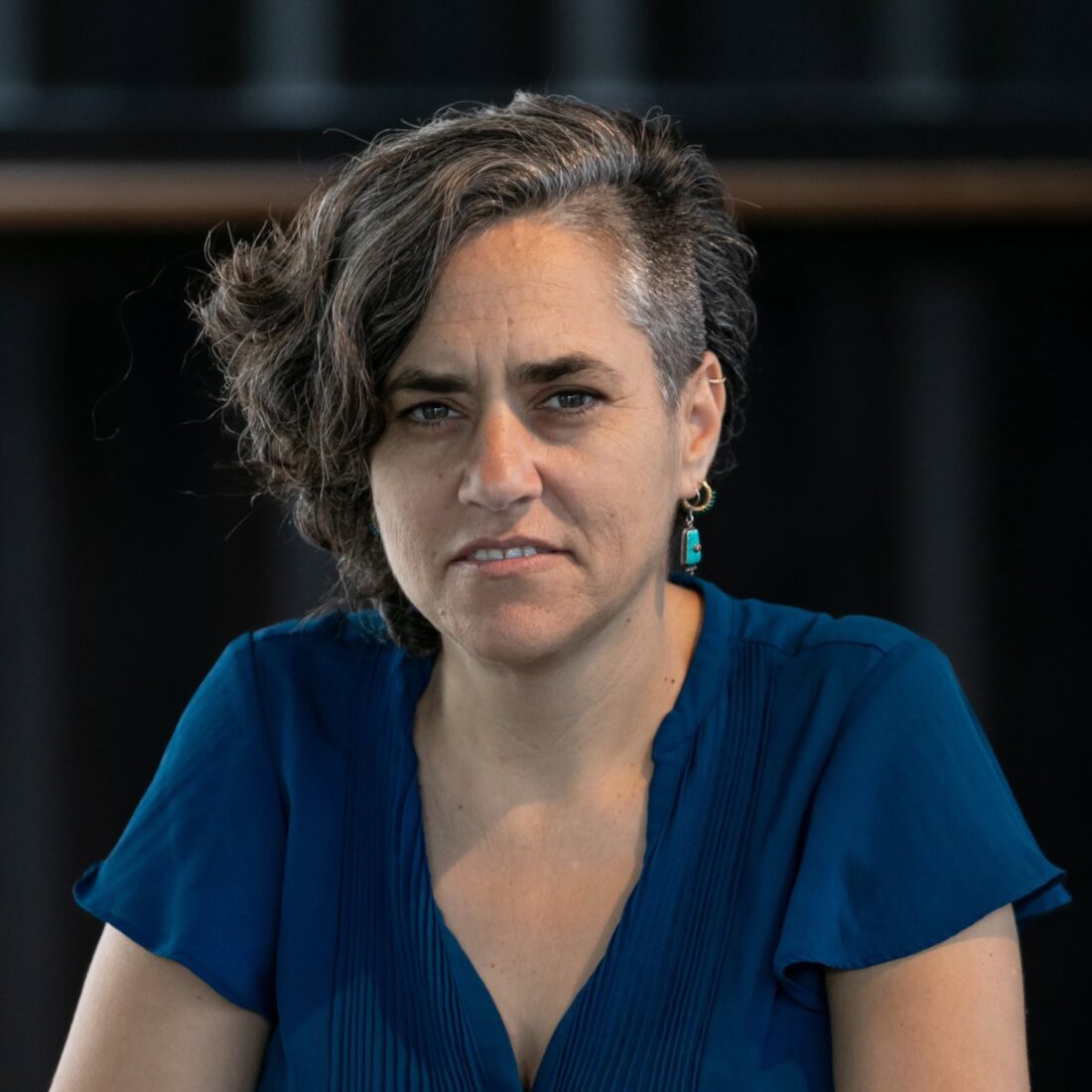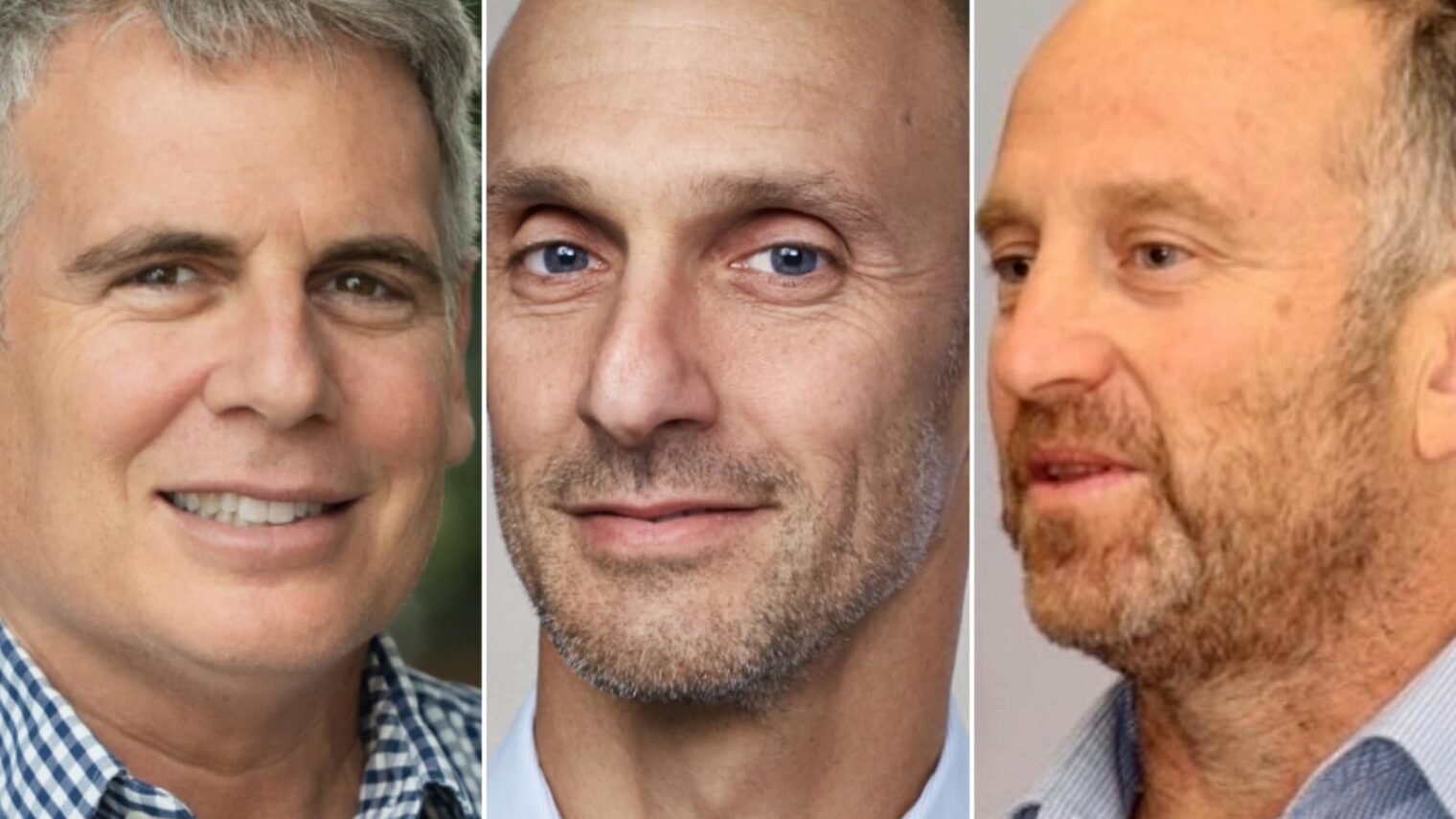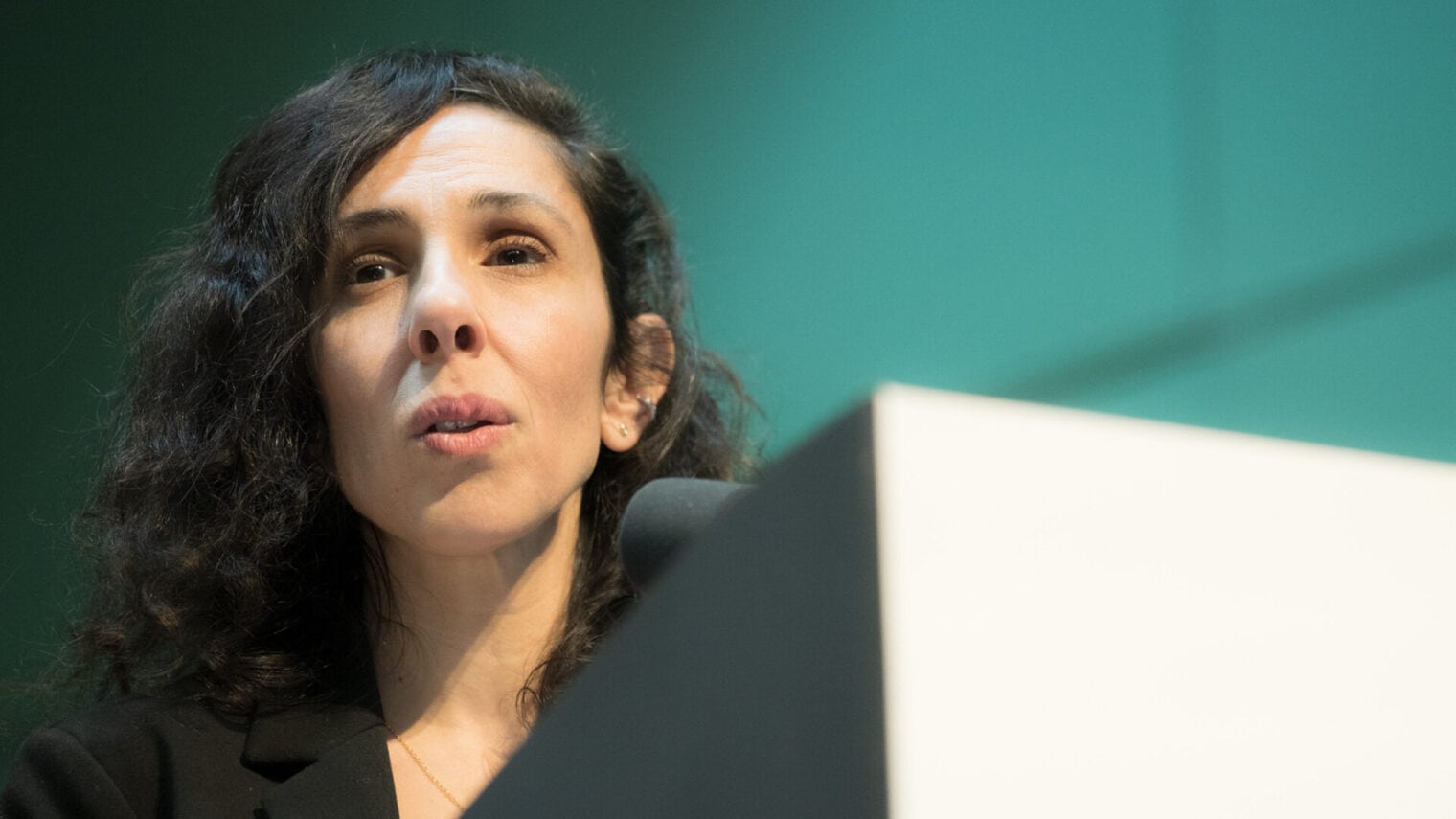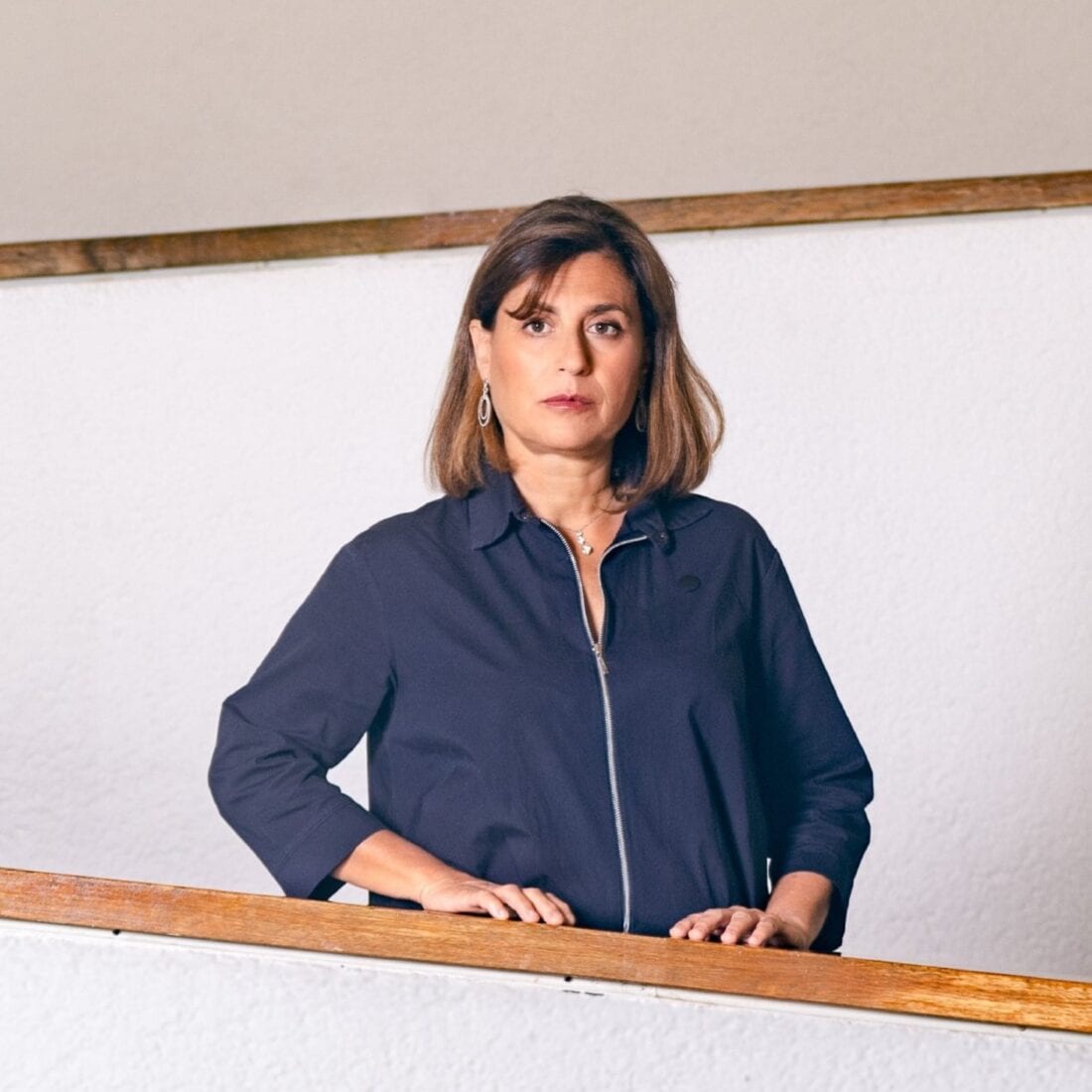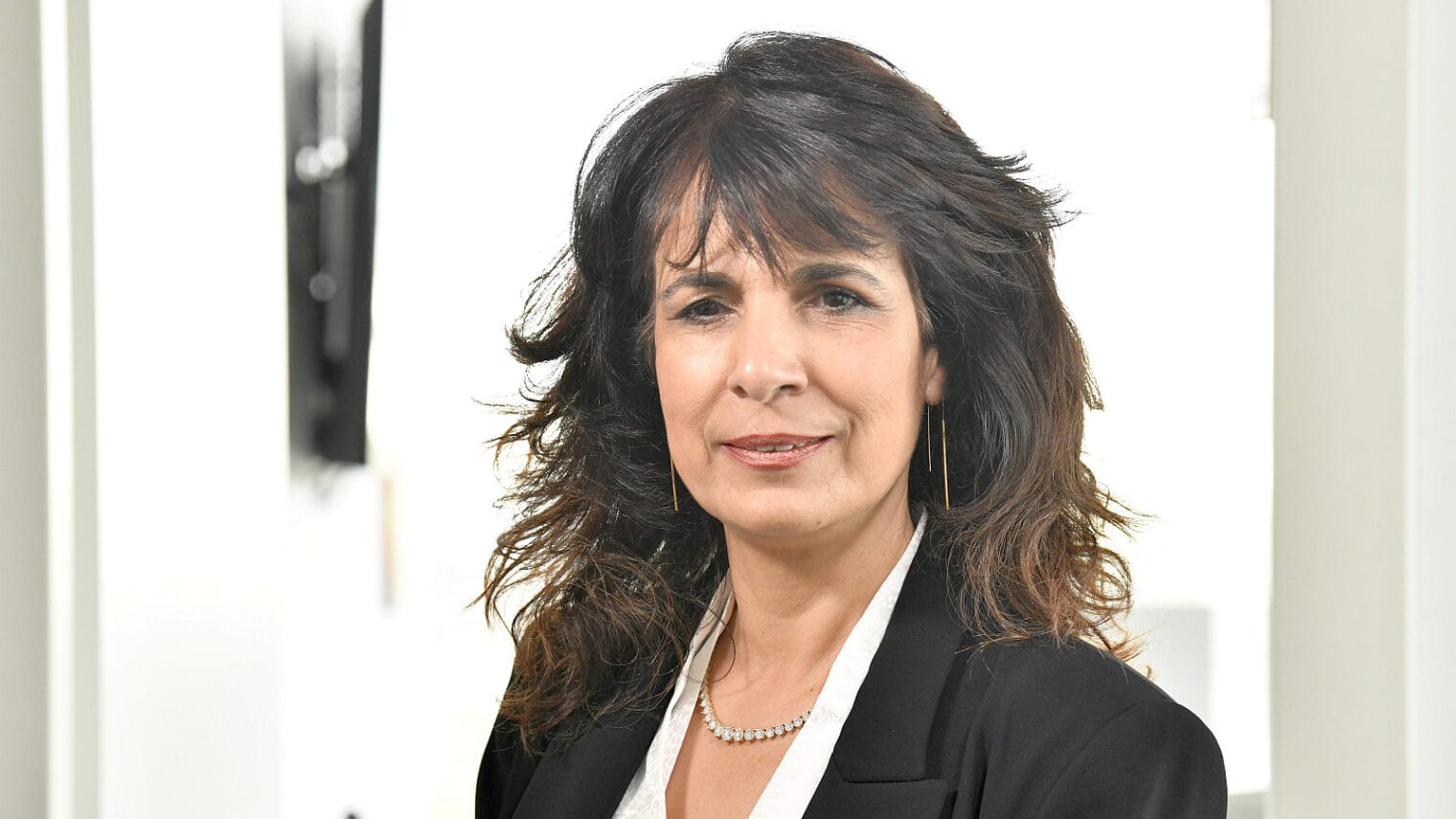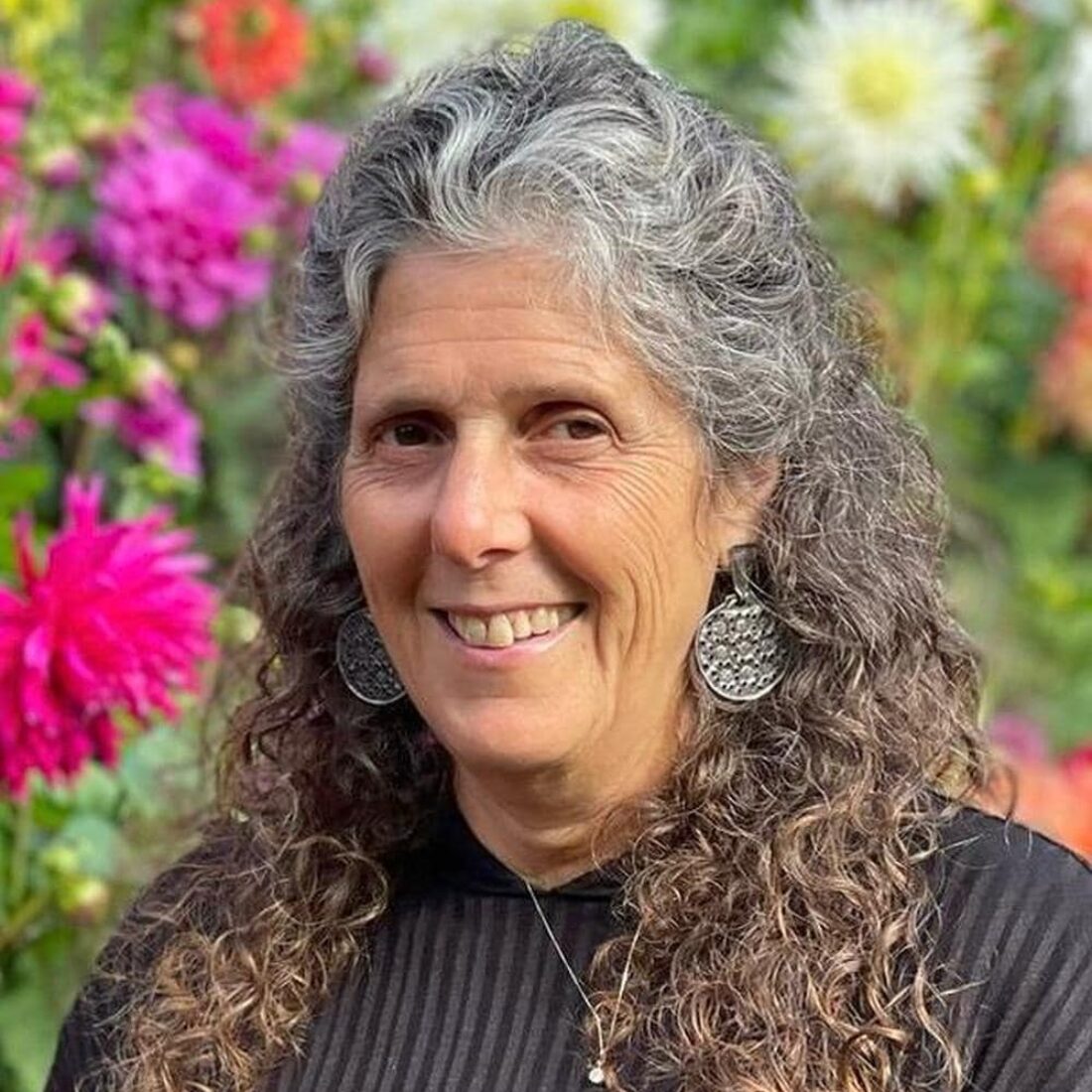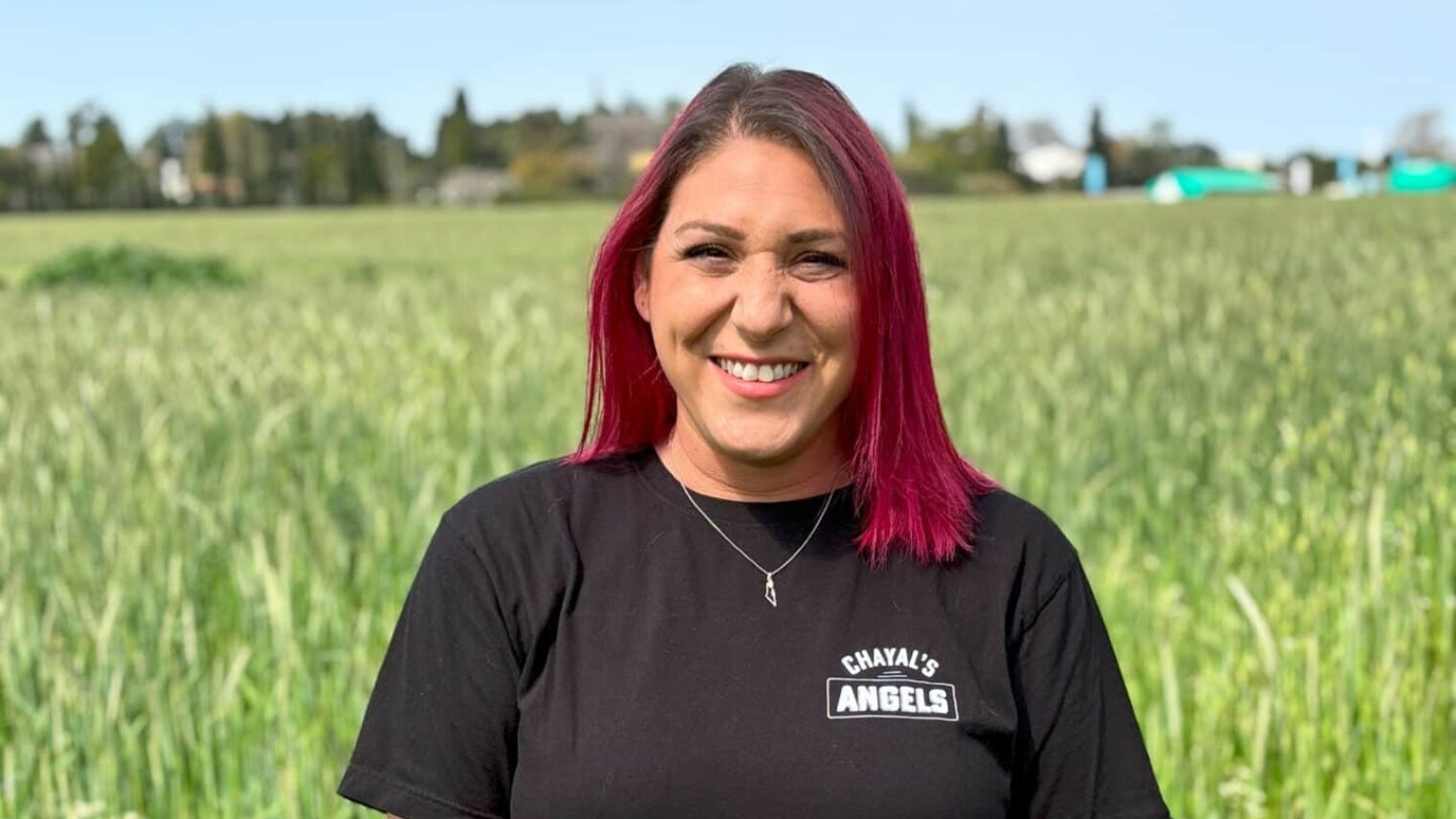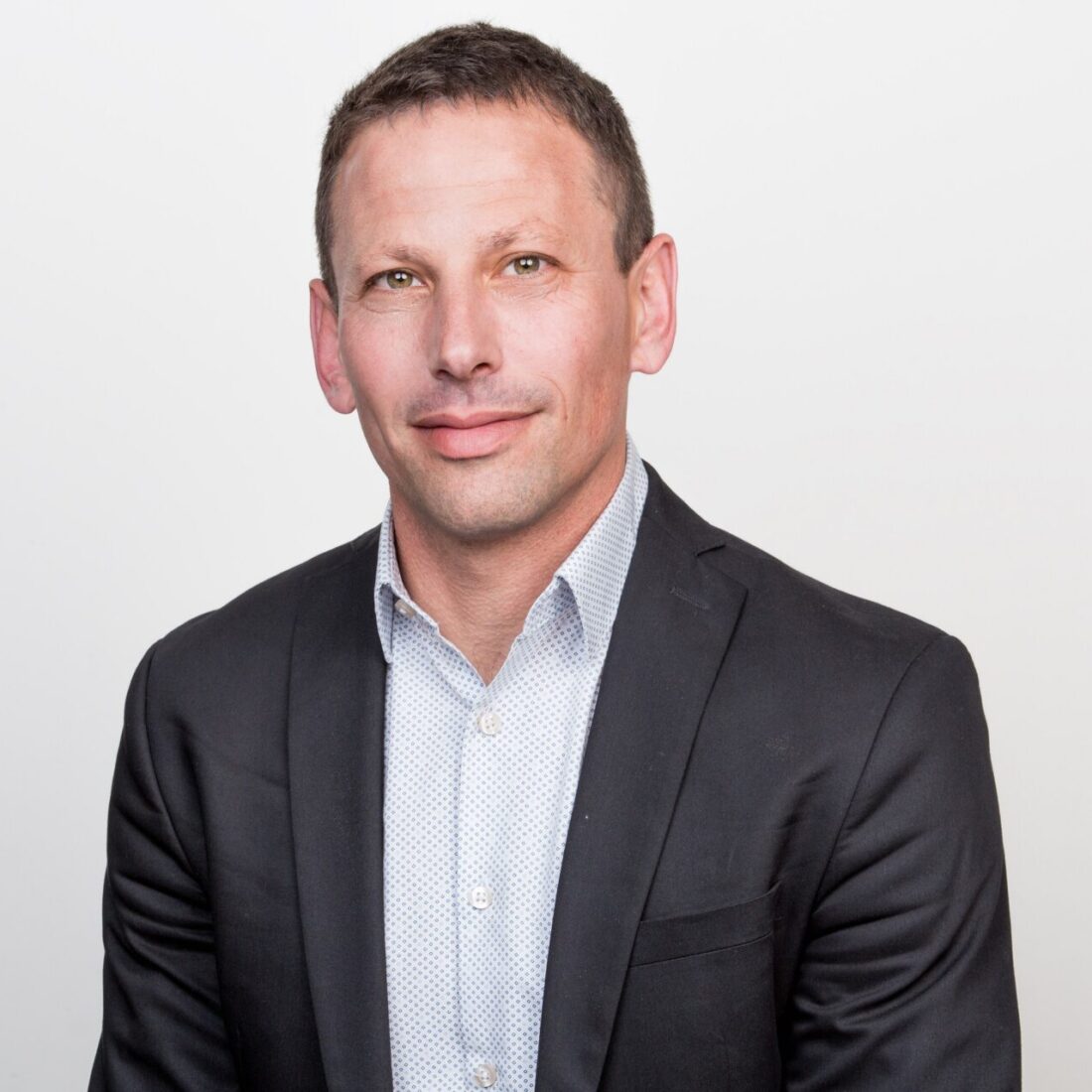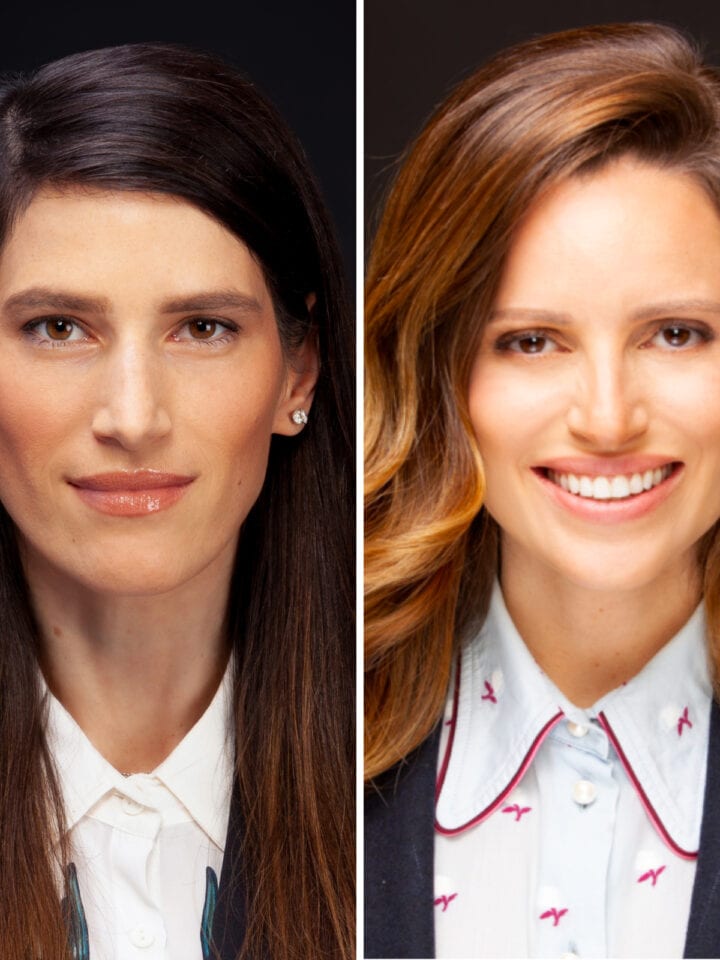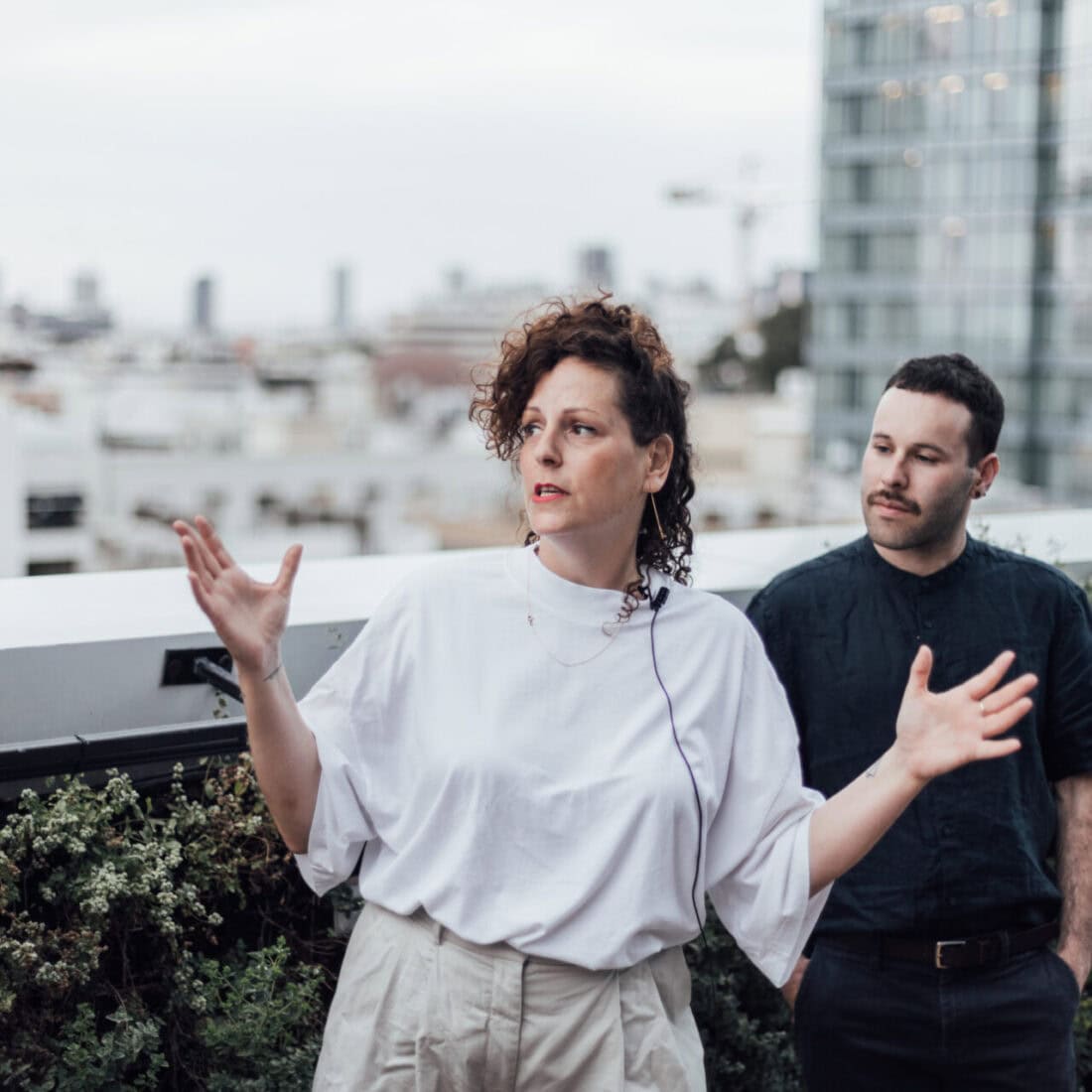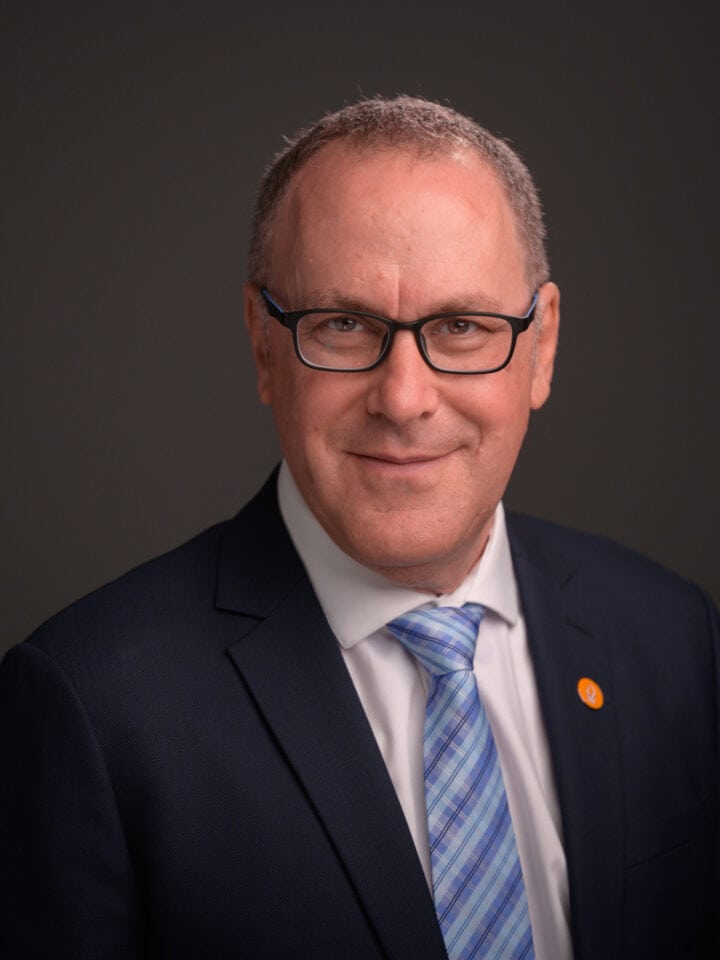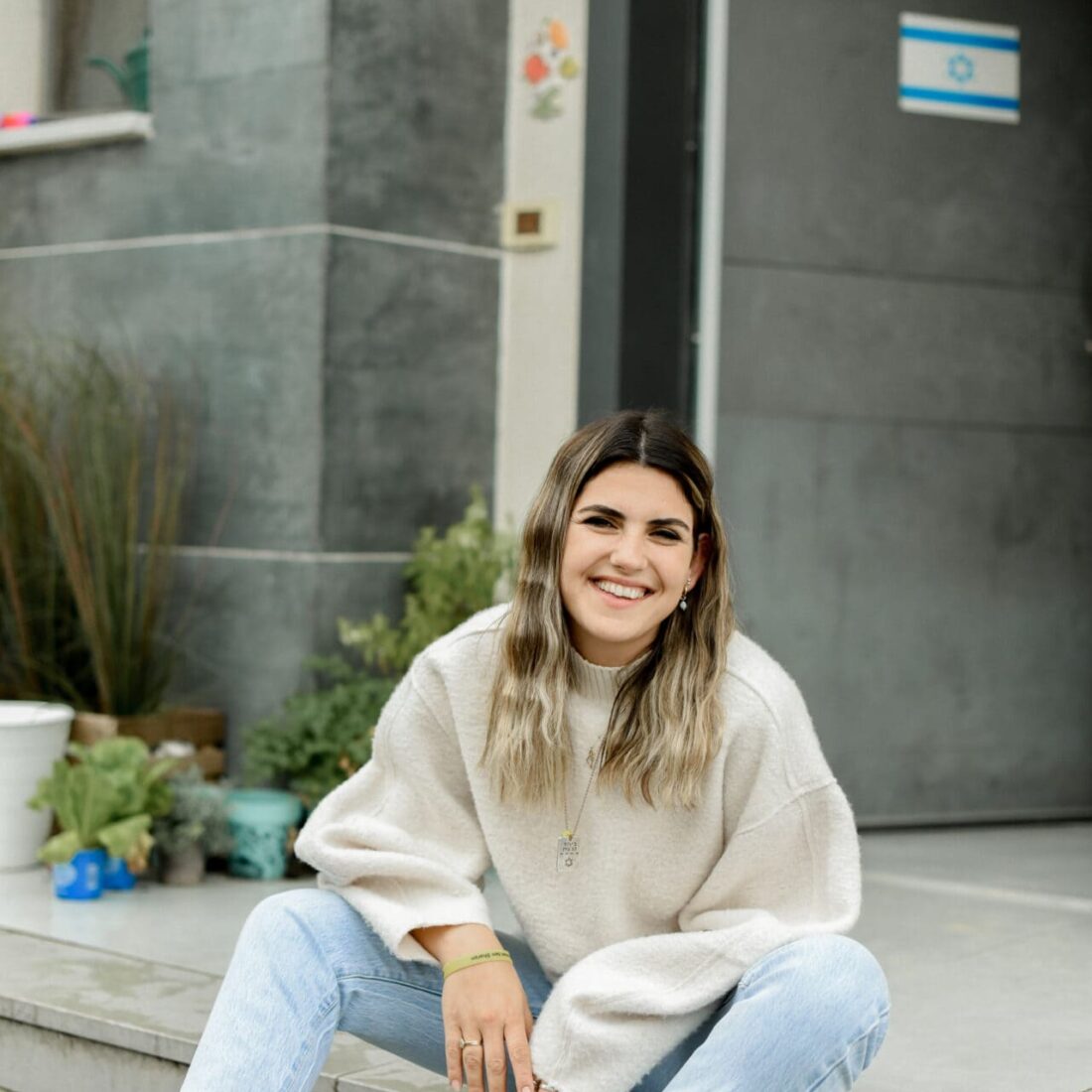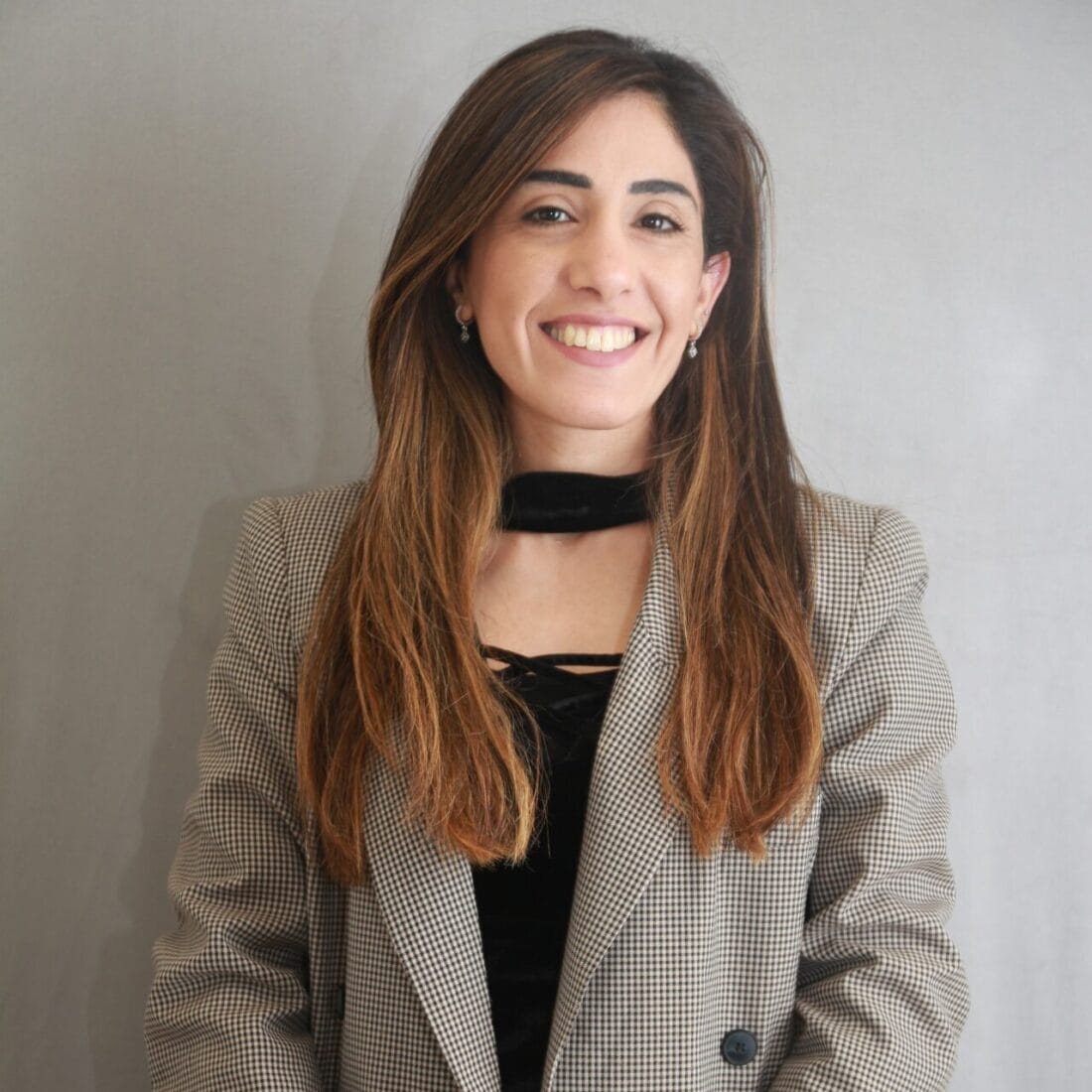I am the manager of government and local authorities relations at AJEEC-NISPED – the Arab-Jewish Center for Empowerment, Equality, and Cooperation – Negev Institute for Strategies of Peace and Economic Development, an Arab-Jewish organization for social change that was established in the Negev in 2000. I am 33 years old, originally from the village of Yafia, and for the last few years I’ve lived in Beersheva.
I work with both national government-level actors as well as with local Arab authorities. I make connections between complex, cross-sector networks, and succeed in galvanizing them to work together.
With the outbreak of the war on October 7th, we at AJEEC-NISPED understood that we had to do something, and quickly. The very next day, the Shared Emergency Center was established in the Bedouin settlement of Hura in the Negev, at the initiative of the Arab Emergency Committee and with the leadership of AJEEC-NISPED in partnership with 16 other civil society organizations.
I managed the entire professional framework of the emergency center as well as the working groups. The Emergency Center worked to find solutions to tens of thousands of Negev residents’ diverse needs that arose in the field, such as distributing food packages, providing emotional support, placing mobile shelters, informal educational activities for children, and providing medical and health response.
Already in the first weeks of the war, we set out on a massive, substantial campaign with the goal of fighting incitement of Arabs against Jews and Jews against Arabs, and fighting the extremist voices who tried to divide Israeli society. The campaign called for unity and understanding, because we are all here together, partners in destiny, and we are all staying here.
“The Arab society in Israel wants to live here in equality, justice, and peace.”
We have seen where division and polarization that were present in Israeli society led to on October 7th. As a society, we must be united and not go out against one another, Arabs and Jews, religious and secular, right wing and left wing, but to become familiar and comfortable with our differences, to accept the other, and to build the day after the war today, where the values of tolerance and accepting the other will be central. No more empty slogans, but action that leads to change on the ground.
On October 7th, I saw the Arab society of the Negev and of the whole country show love, compassion, and empathy towards Jewish society, towards the hostages and the families of the murdered.
At the same time, Arab society in the Negev took its own hard hit as a result of the war, both in terms of its citizens who were murdered as a result of rocket fire on the unrecognized Negev villages, where there were no shelters, as well as those murdered in frontal attacks and kidnapped.
The Arab society in Israel wants to live here in equality, justice, and peace, and that requires Arab-Jewish leadership that works to promote shared life, that sees the Arab society as a partner, and not as a minority within Israeli society.
I am motivated by my strong internal belief that things can be different here, and that I have the space and the ability to influence people. I received the inspiration to follow my truth and to be active from my mother, who raised me on the values of love, compassion, patience and tolerance. My mother, who sees women’s power as a source of social and political change. My mother, who always pushes me forward and charges me with energy to break the glass ceiling that is placed before me in every place.
We must stand by one another’s side, Arabs and Jews, to preserve our shared social texture, and not to fight against one another. We must understand that all of us are remaining here, and we must invest our resources and energies into creating a flourishing and united society, not in internal wars against one another.





